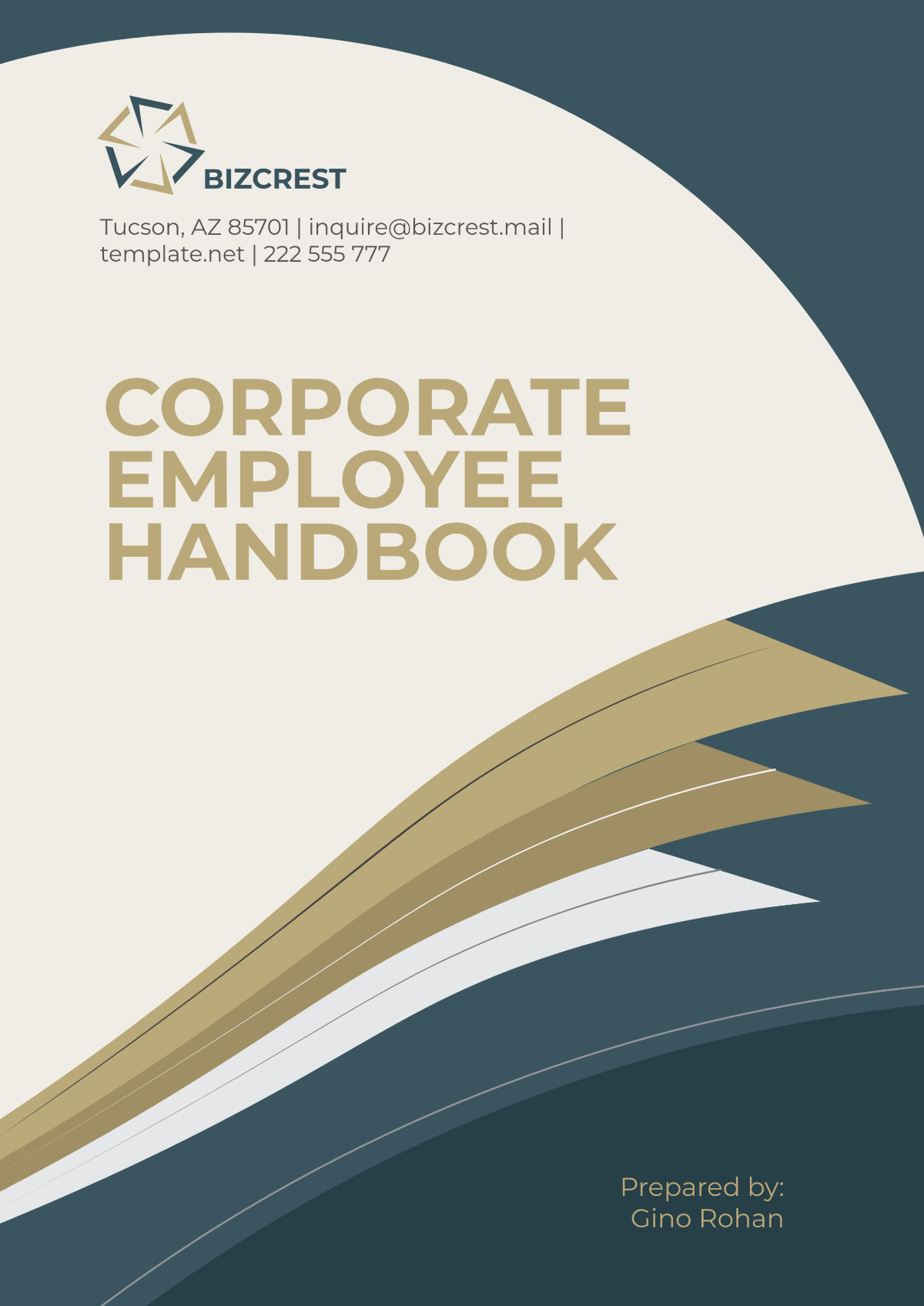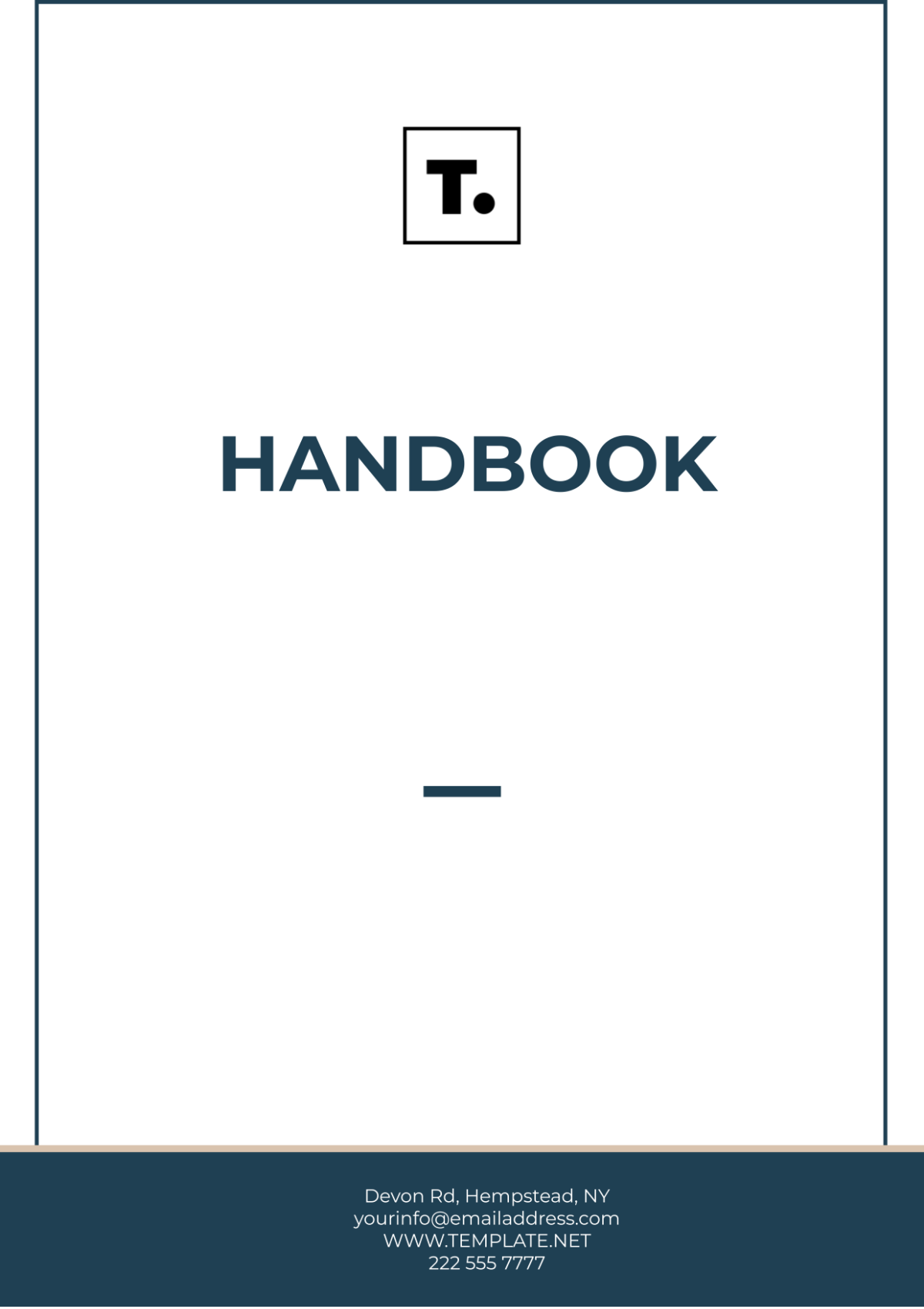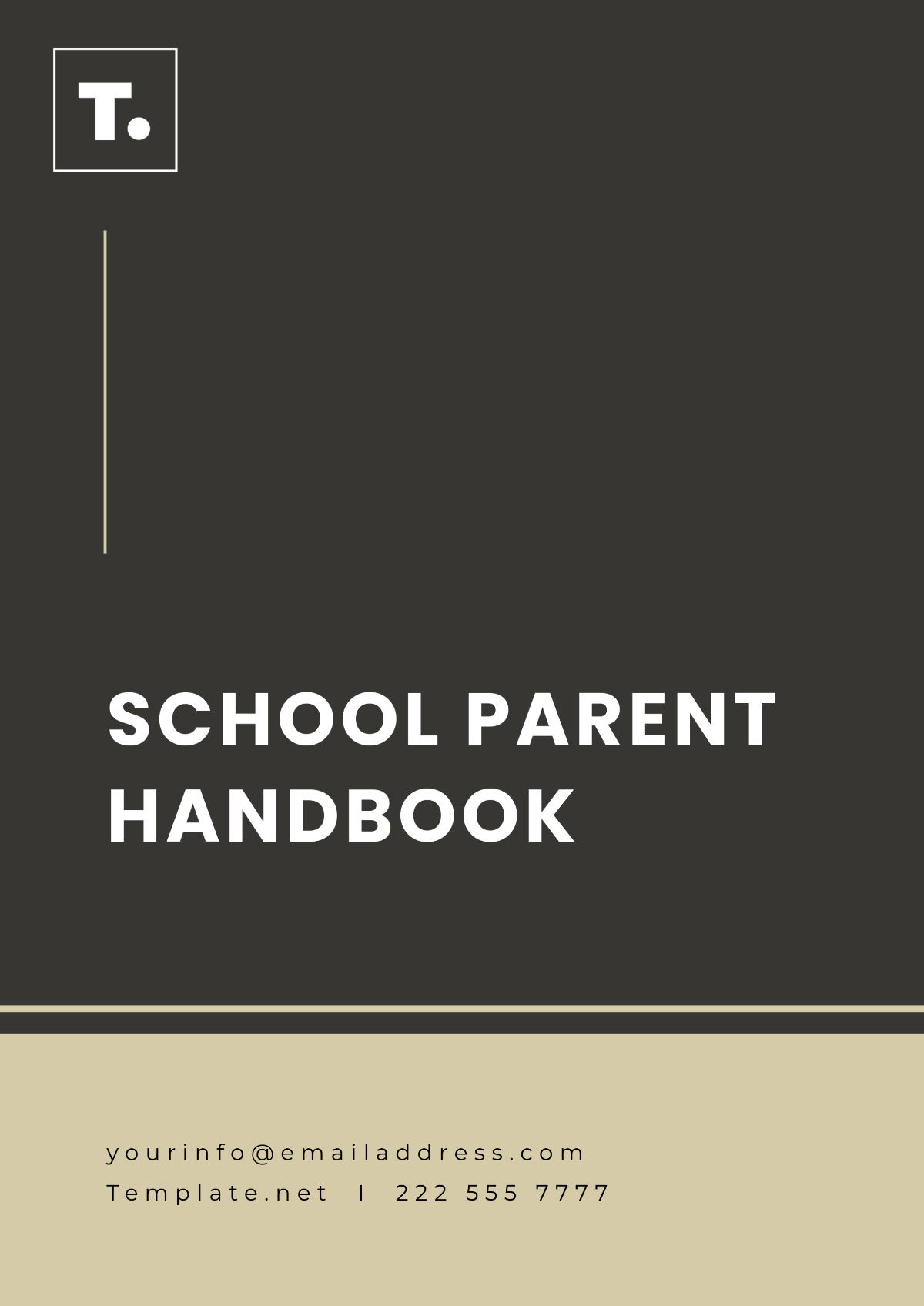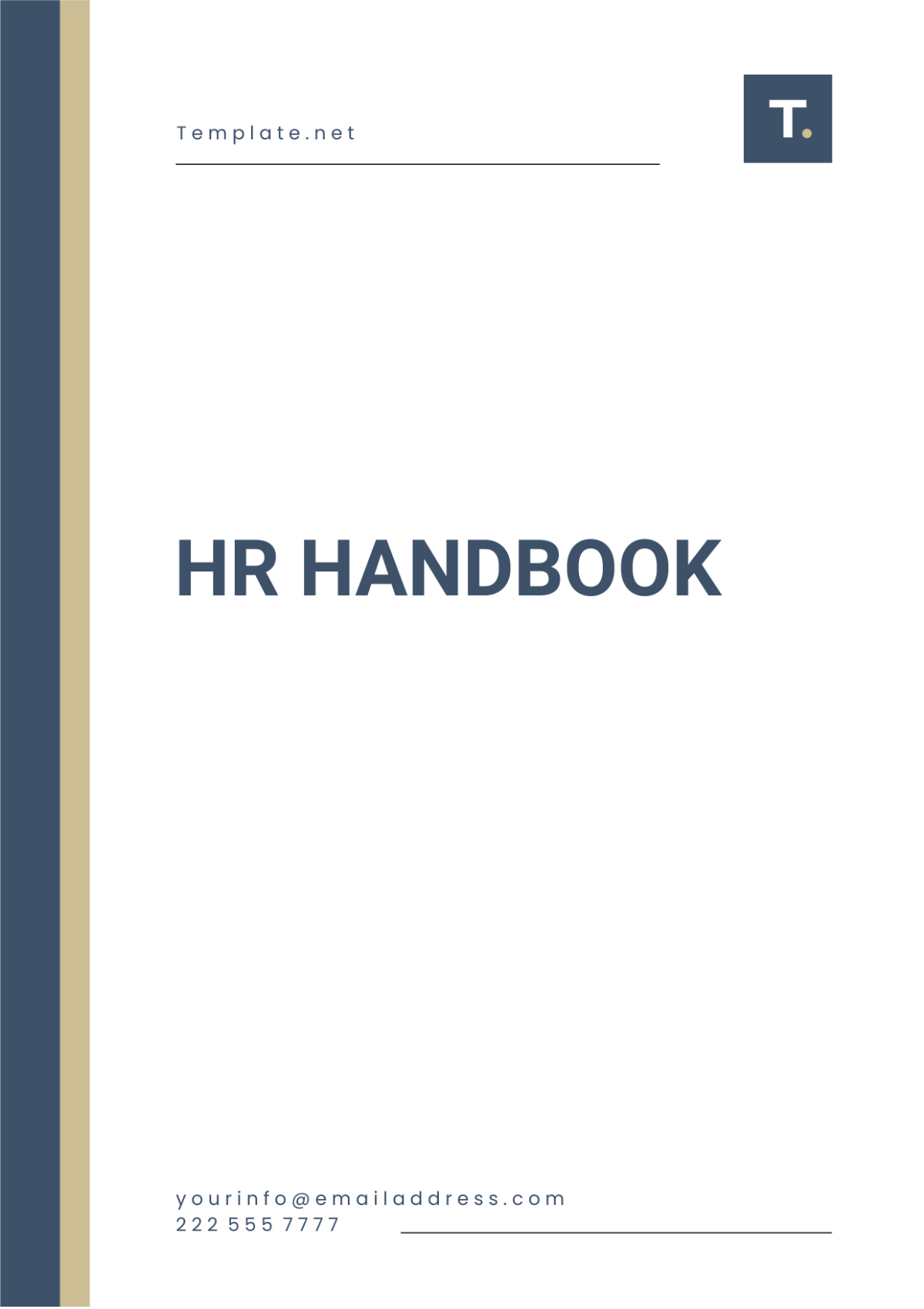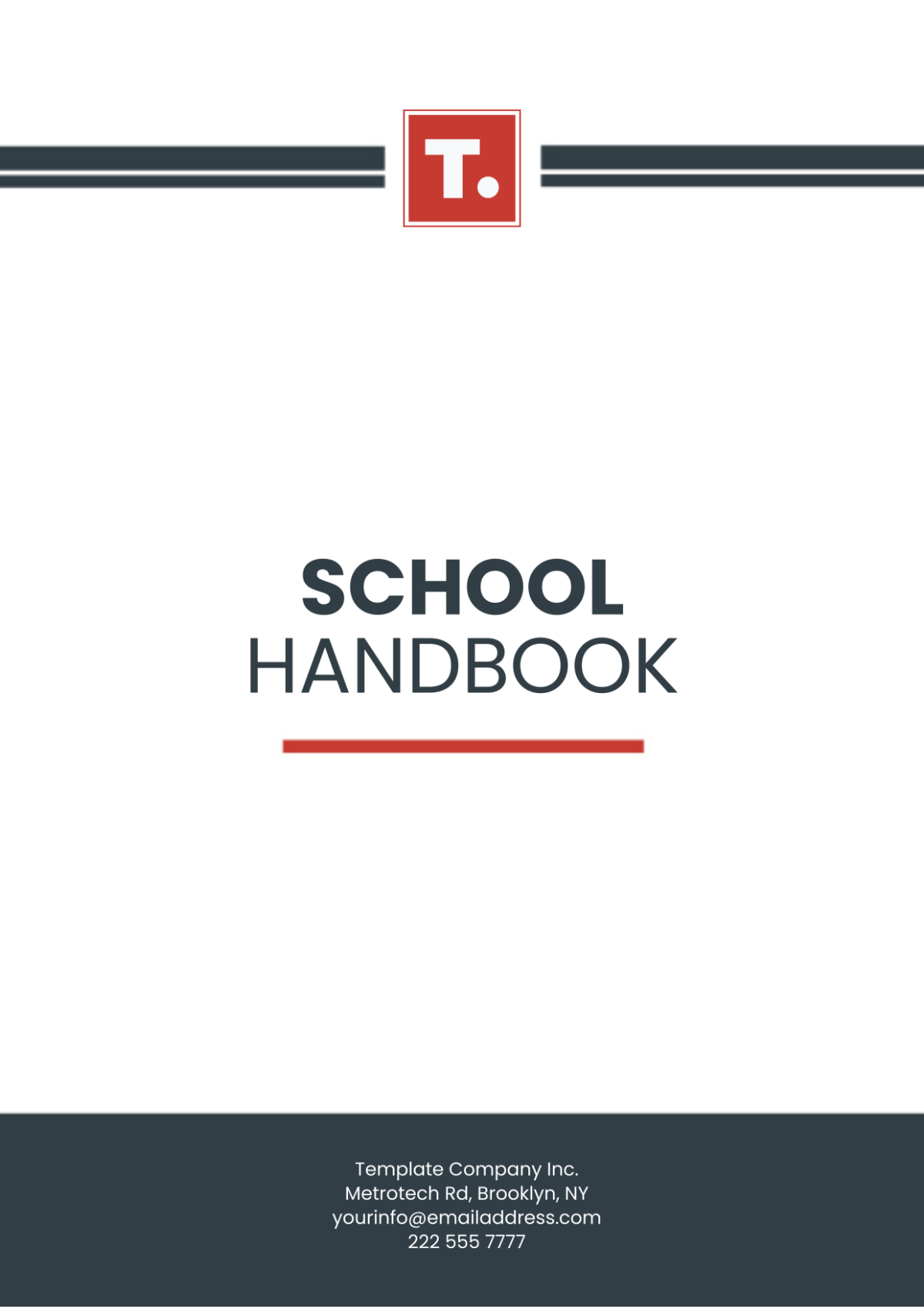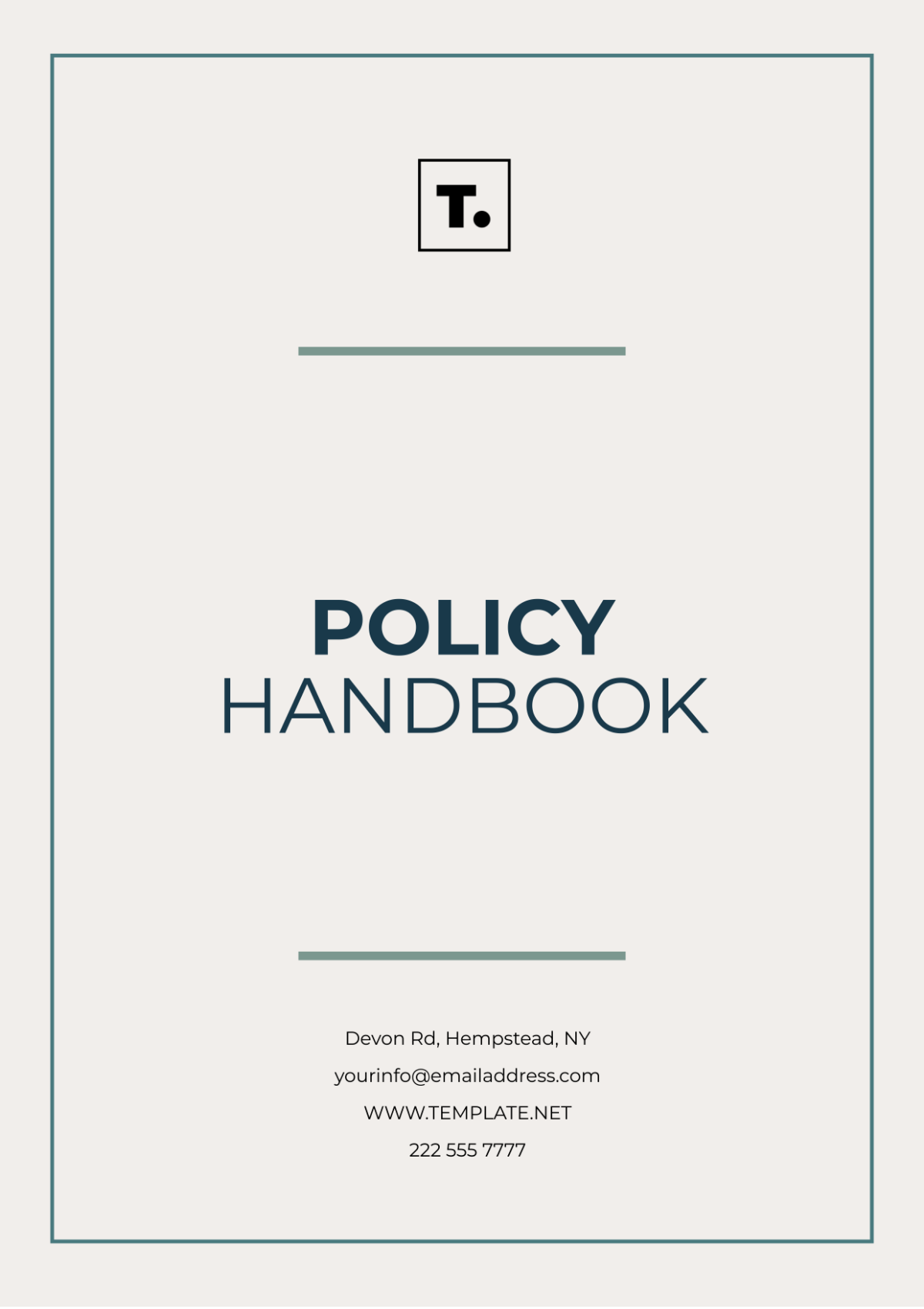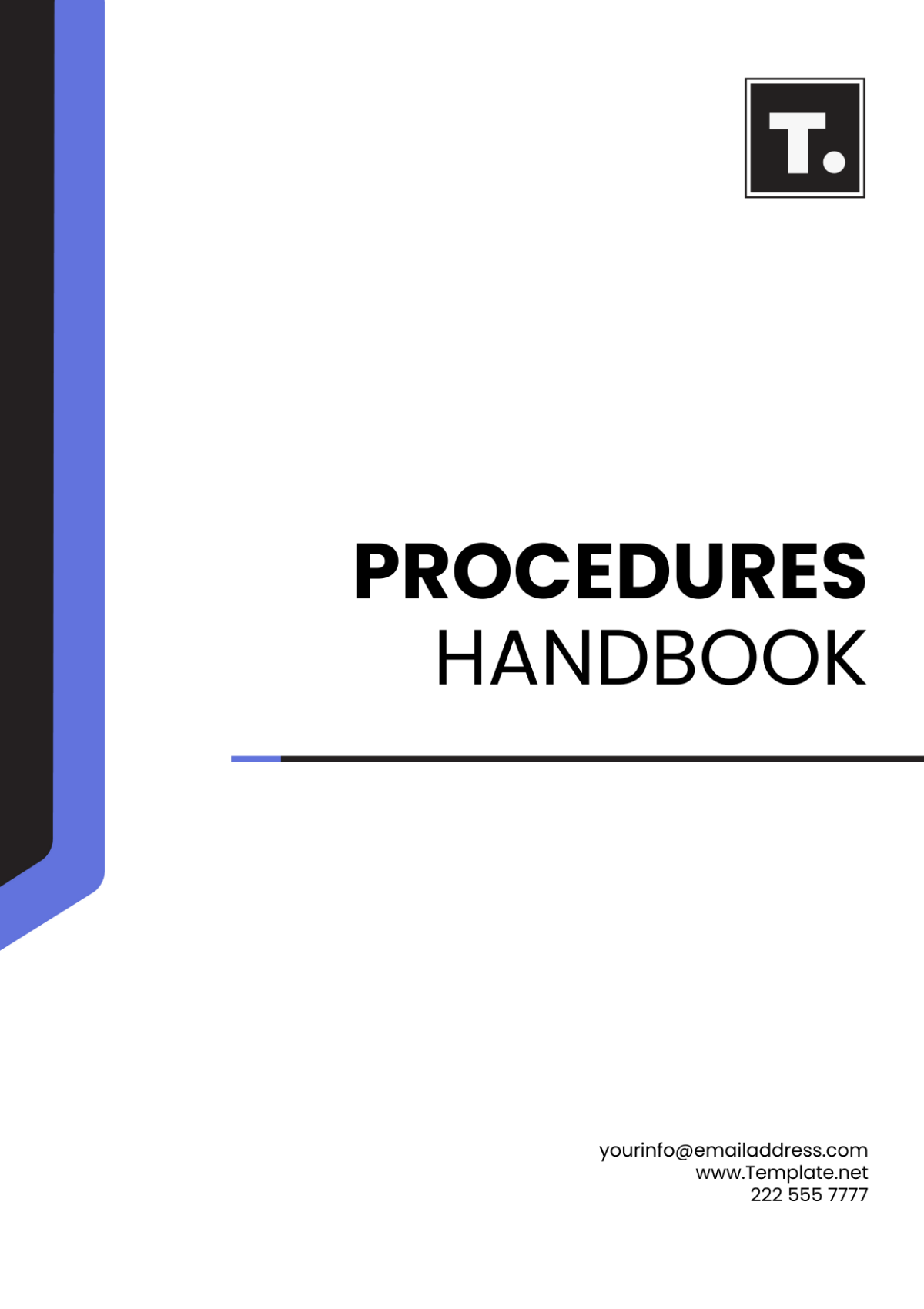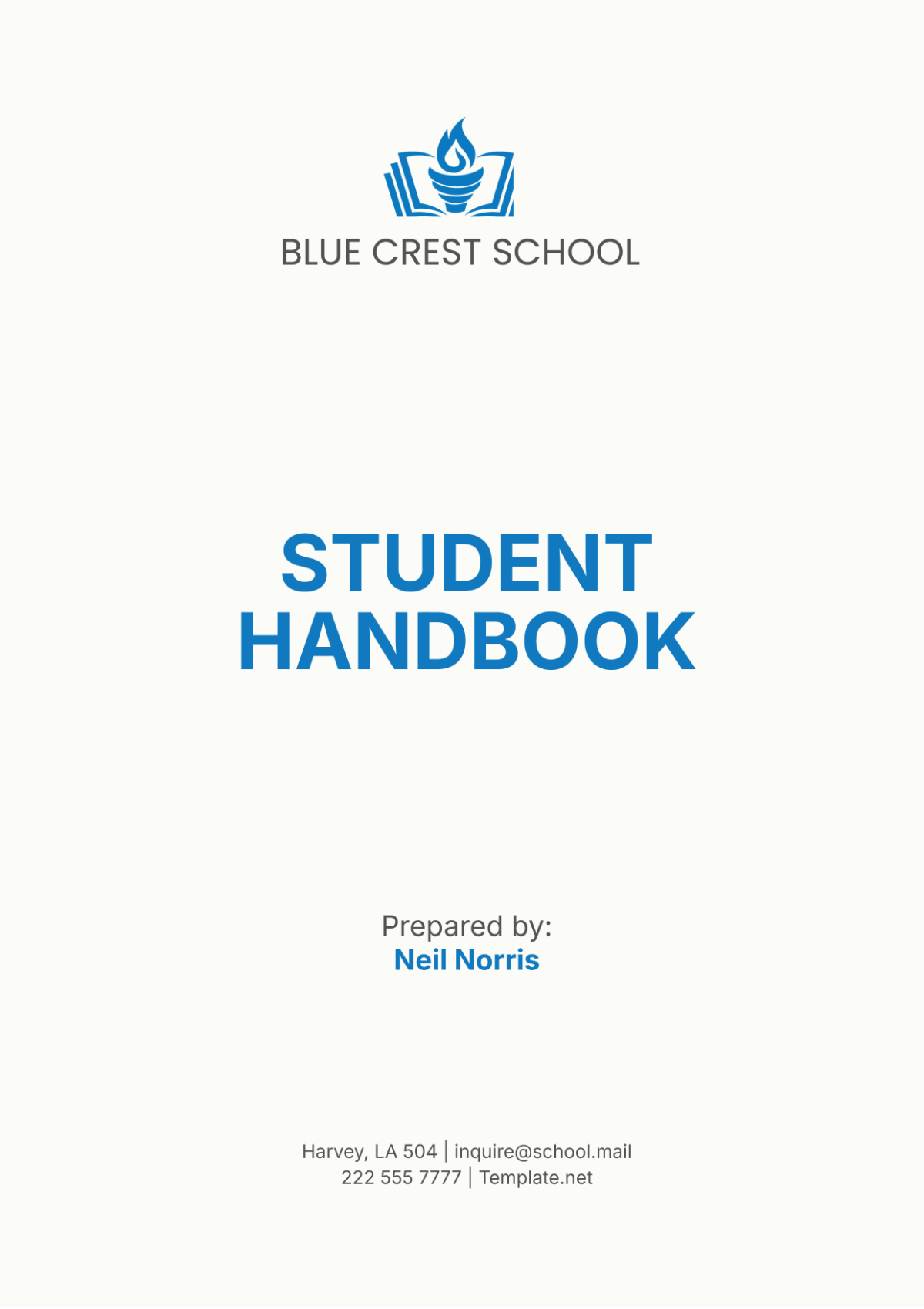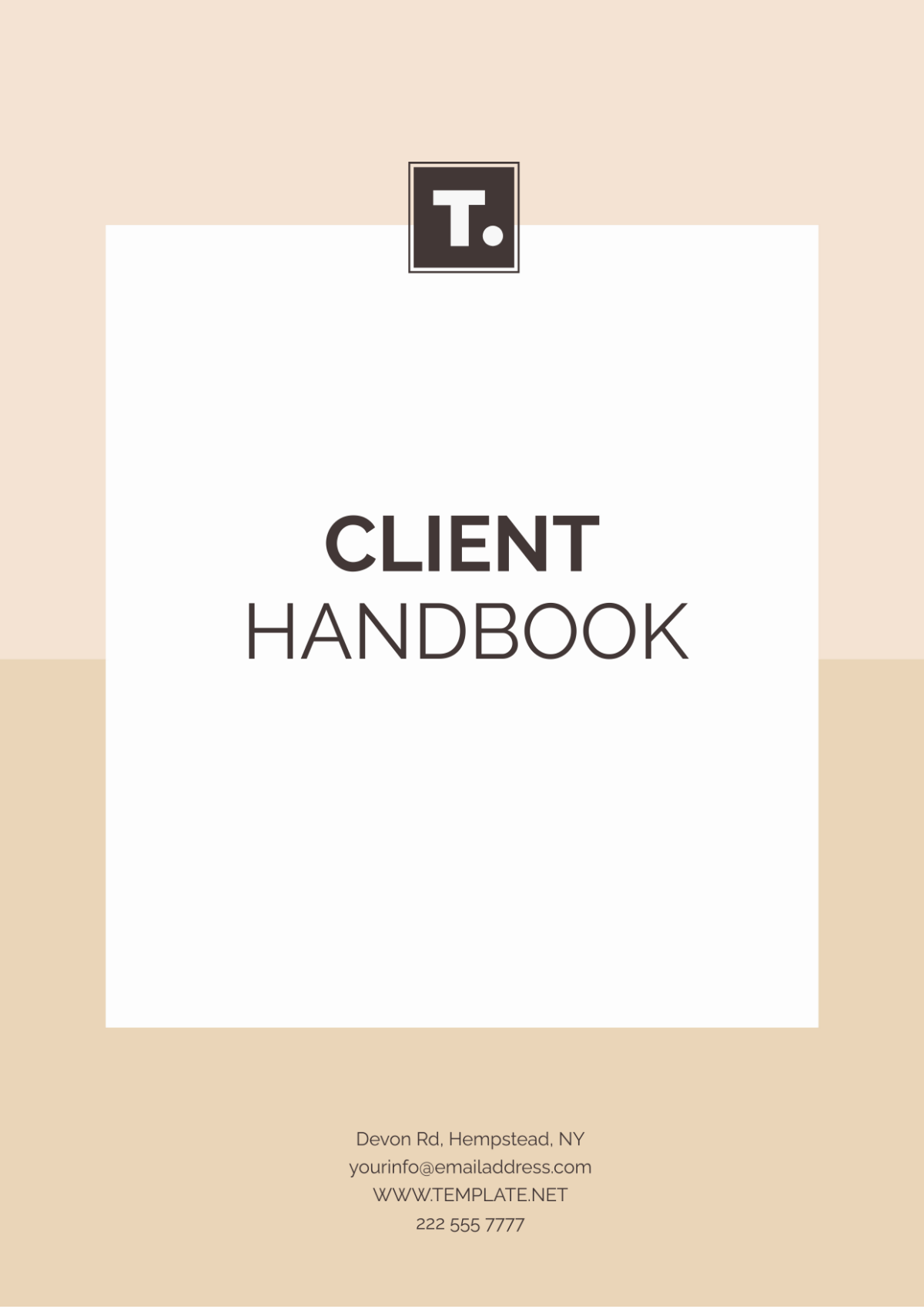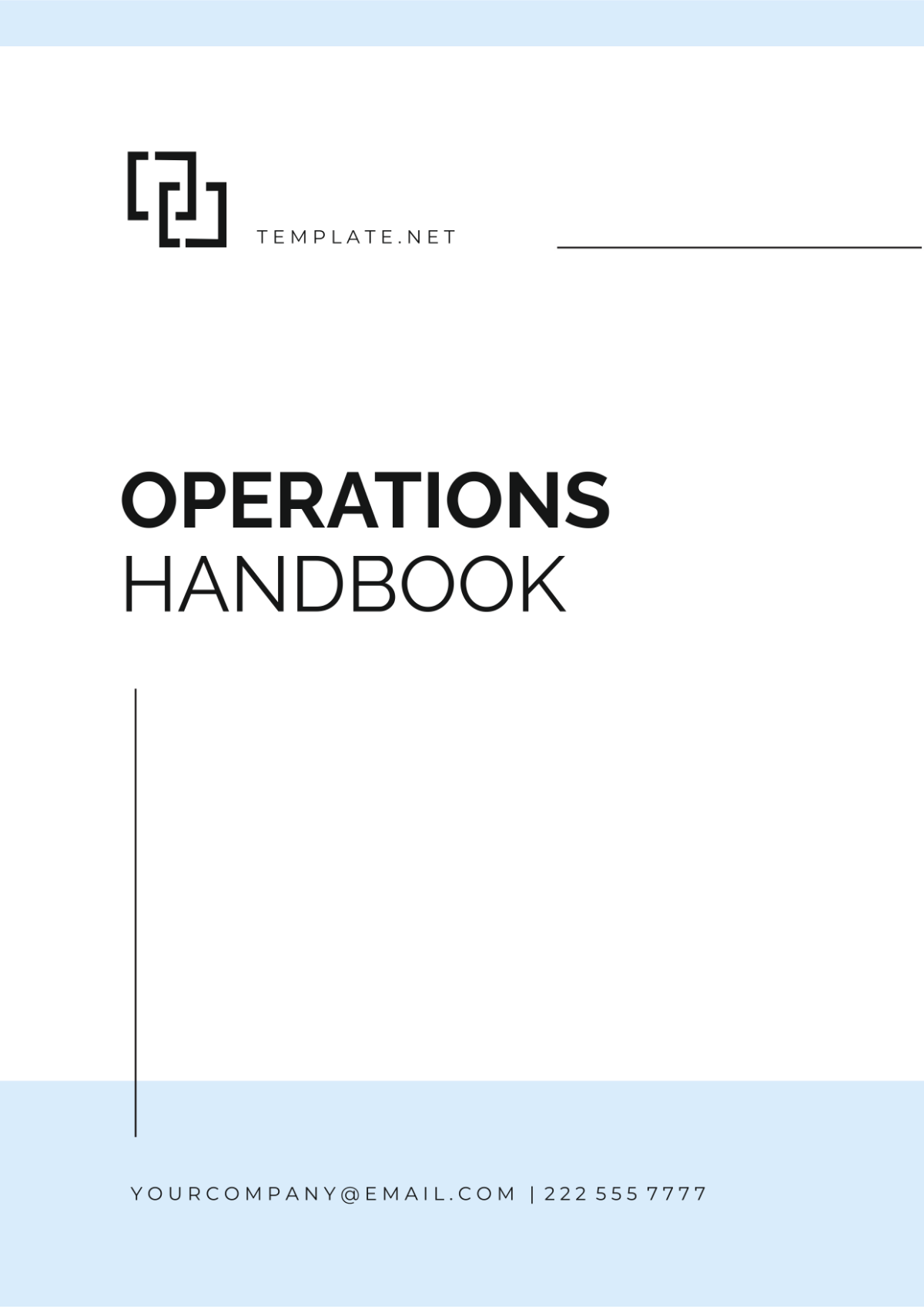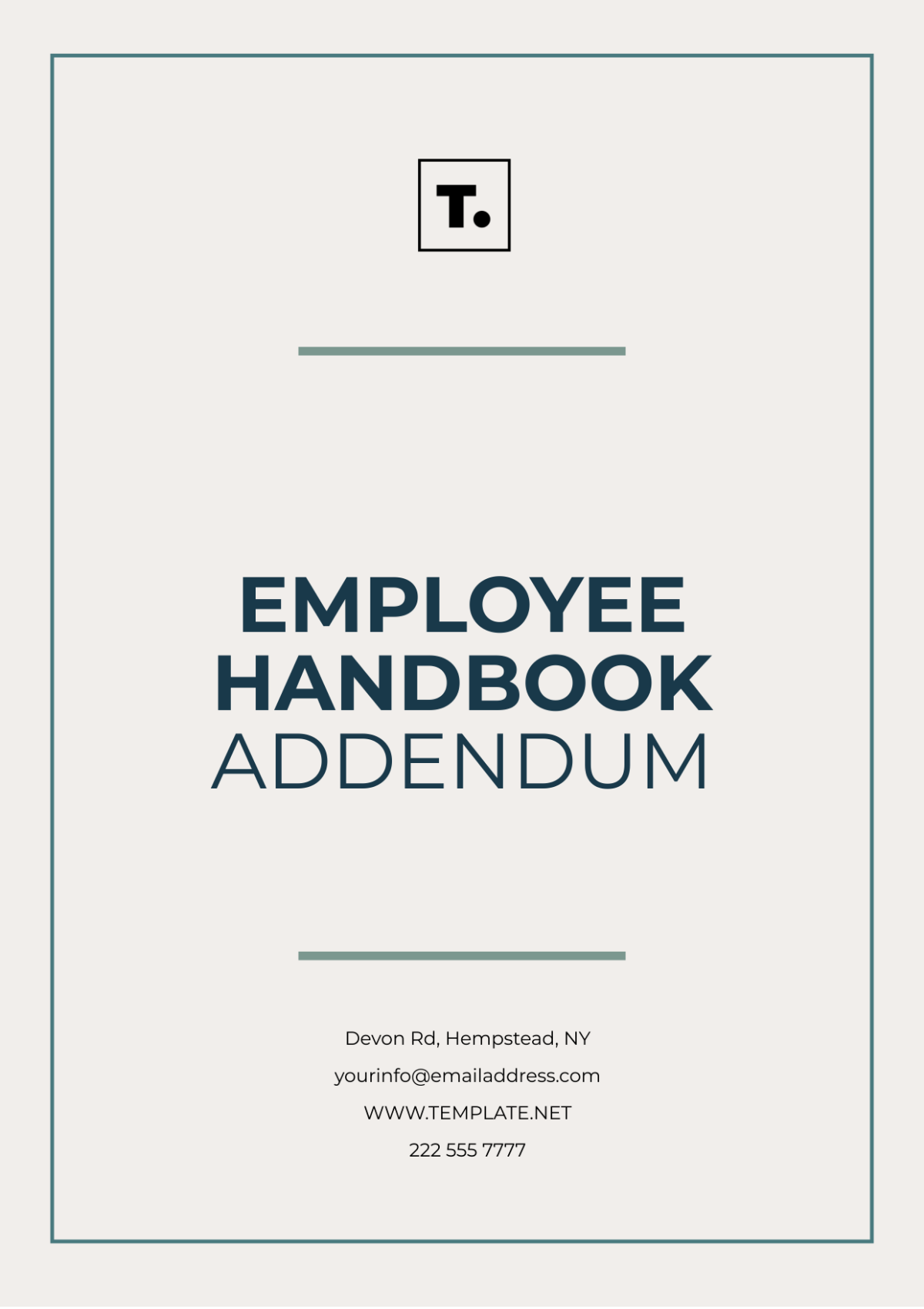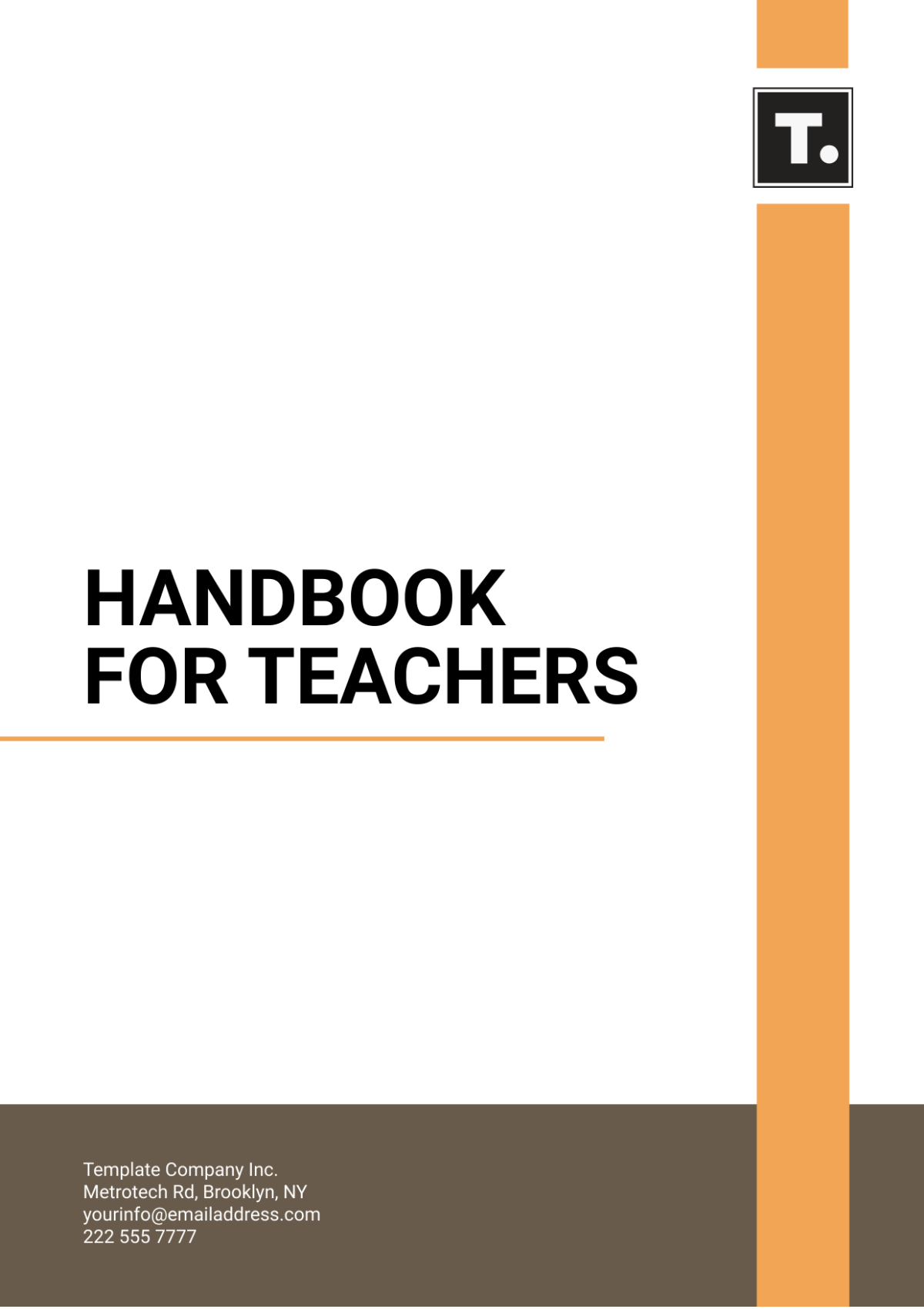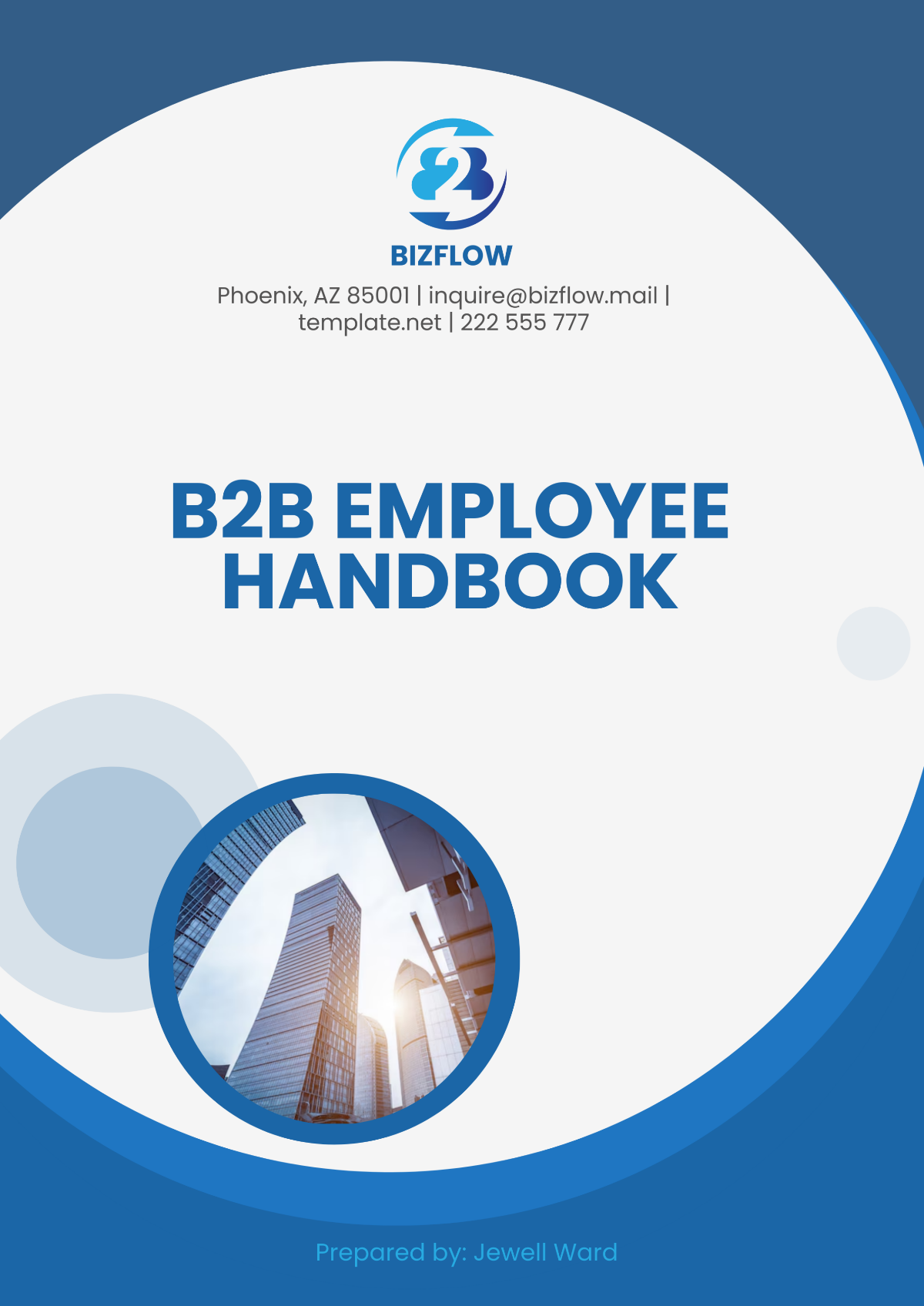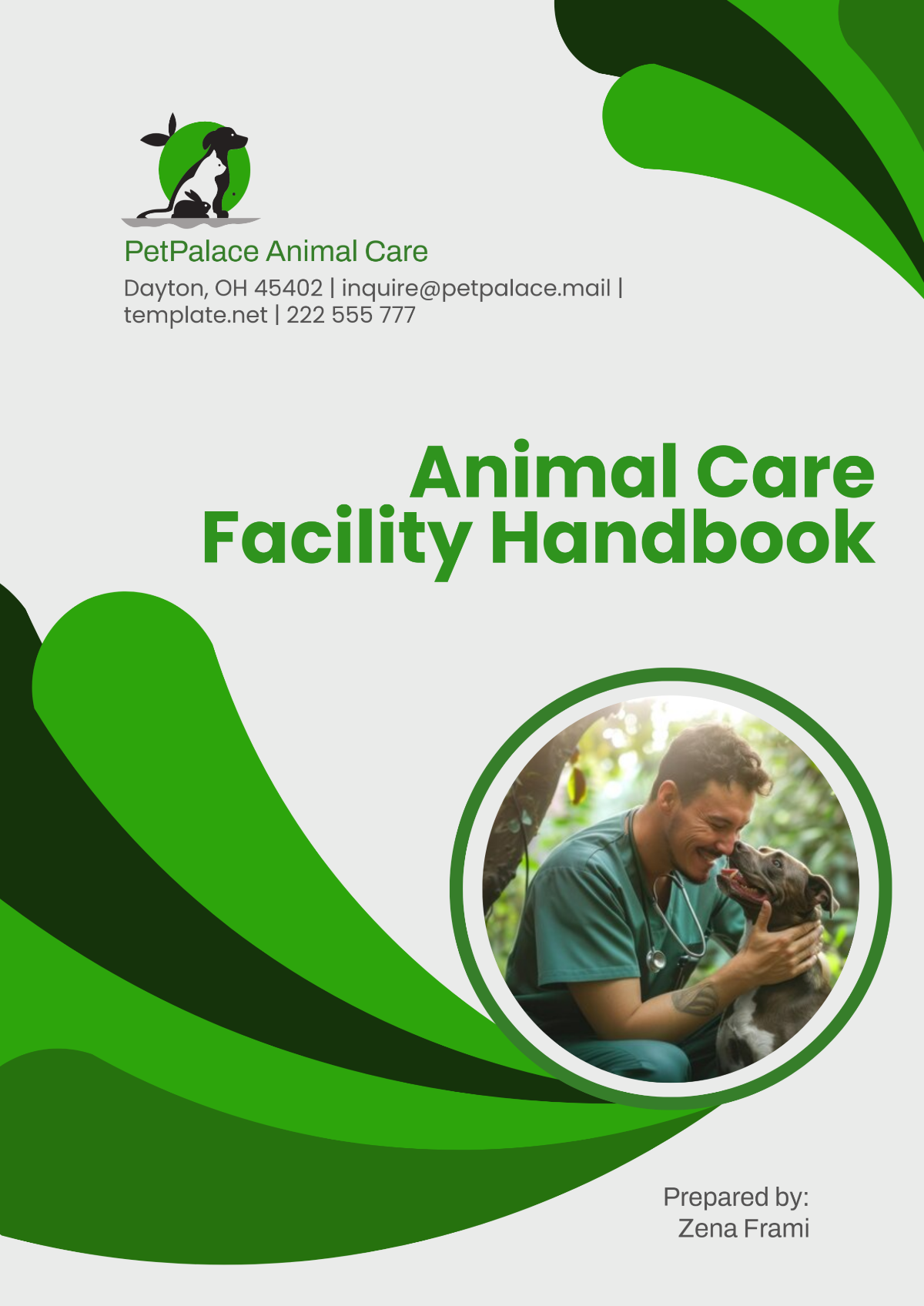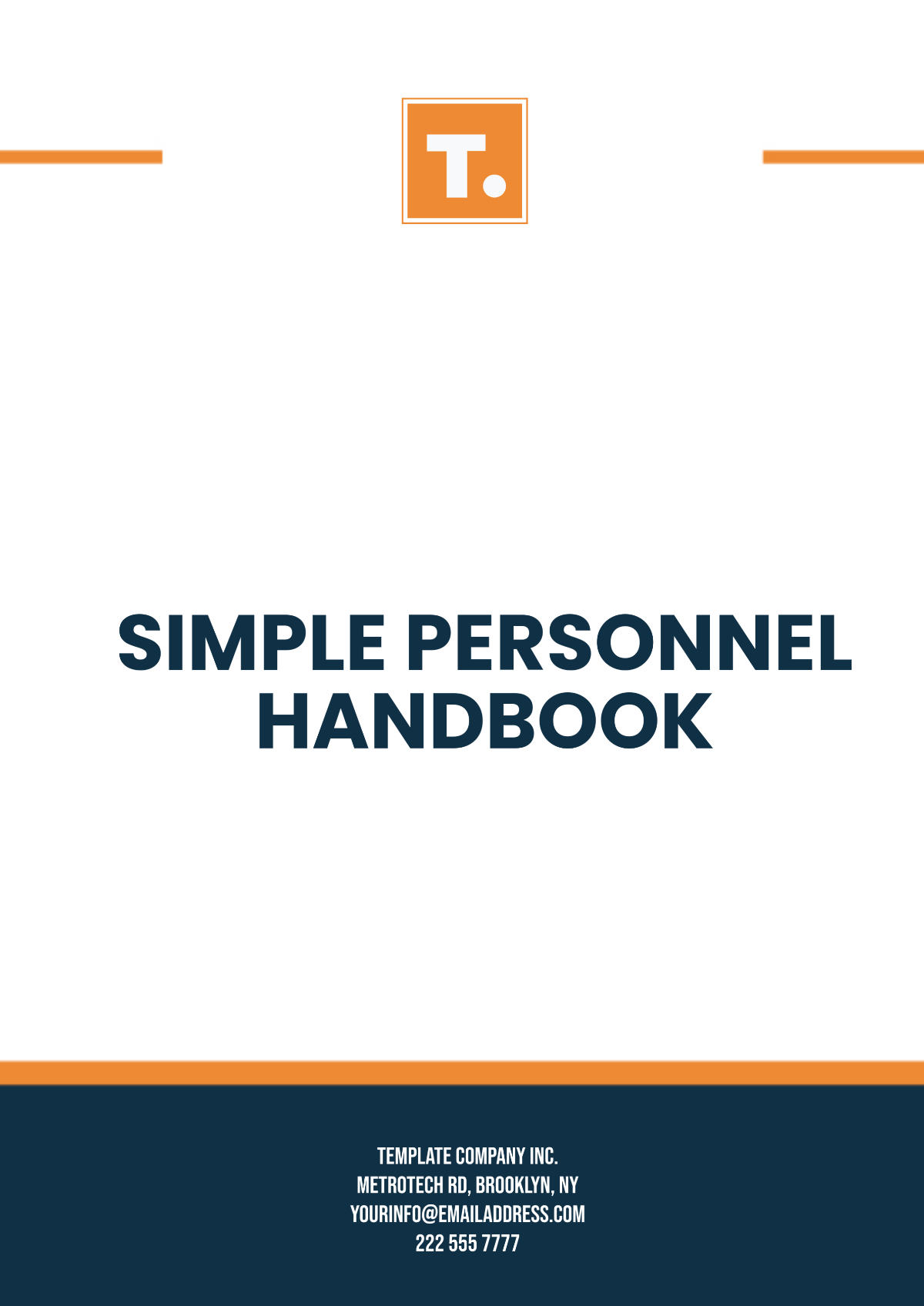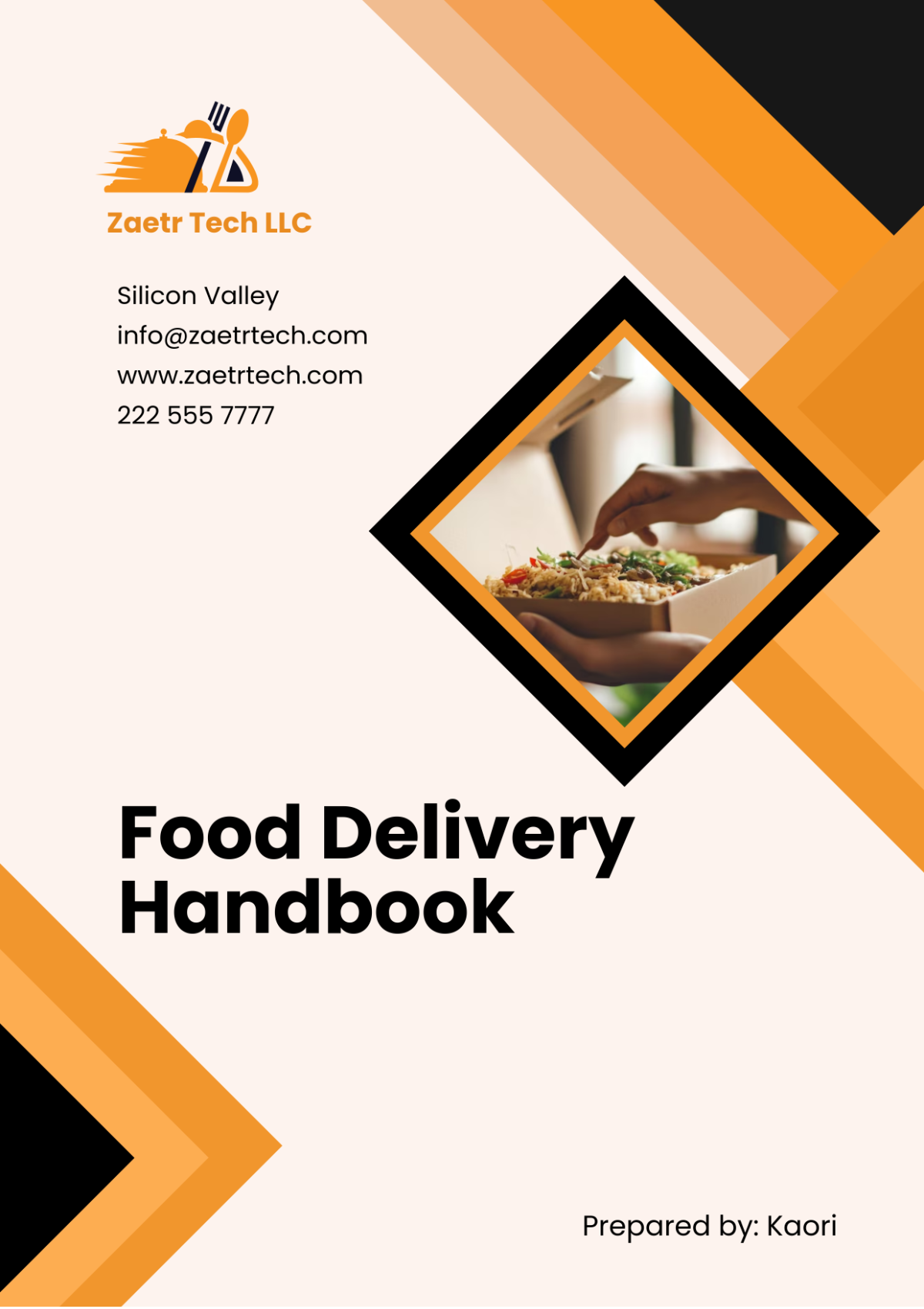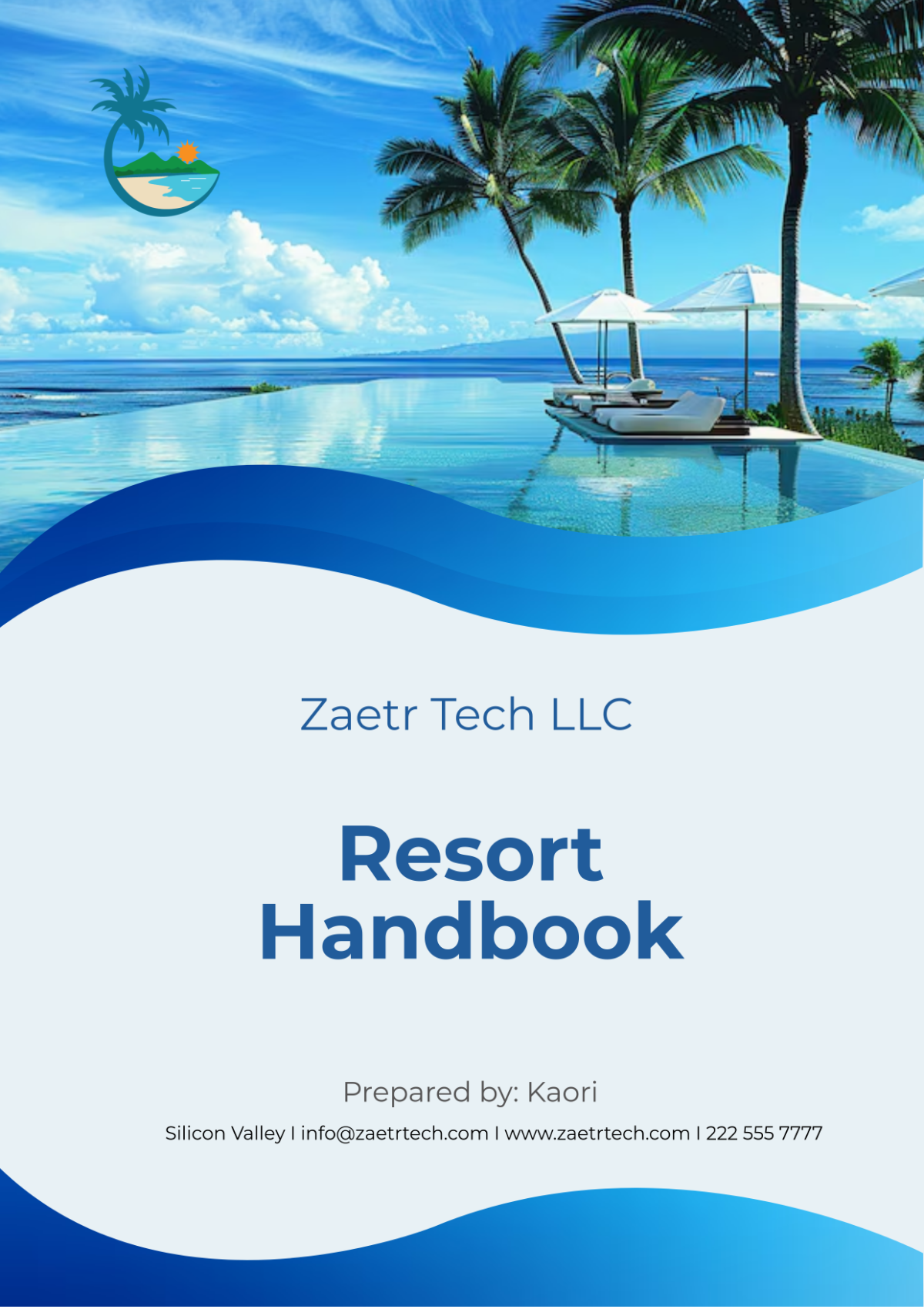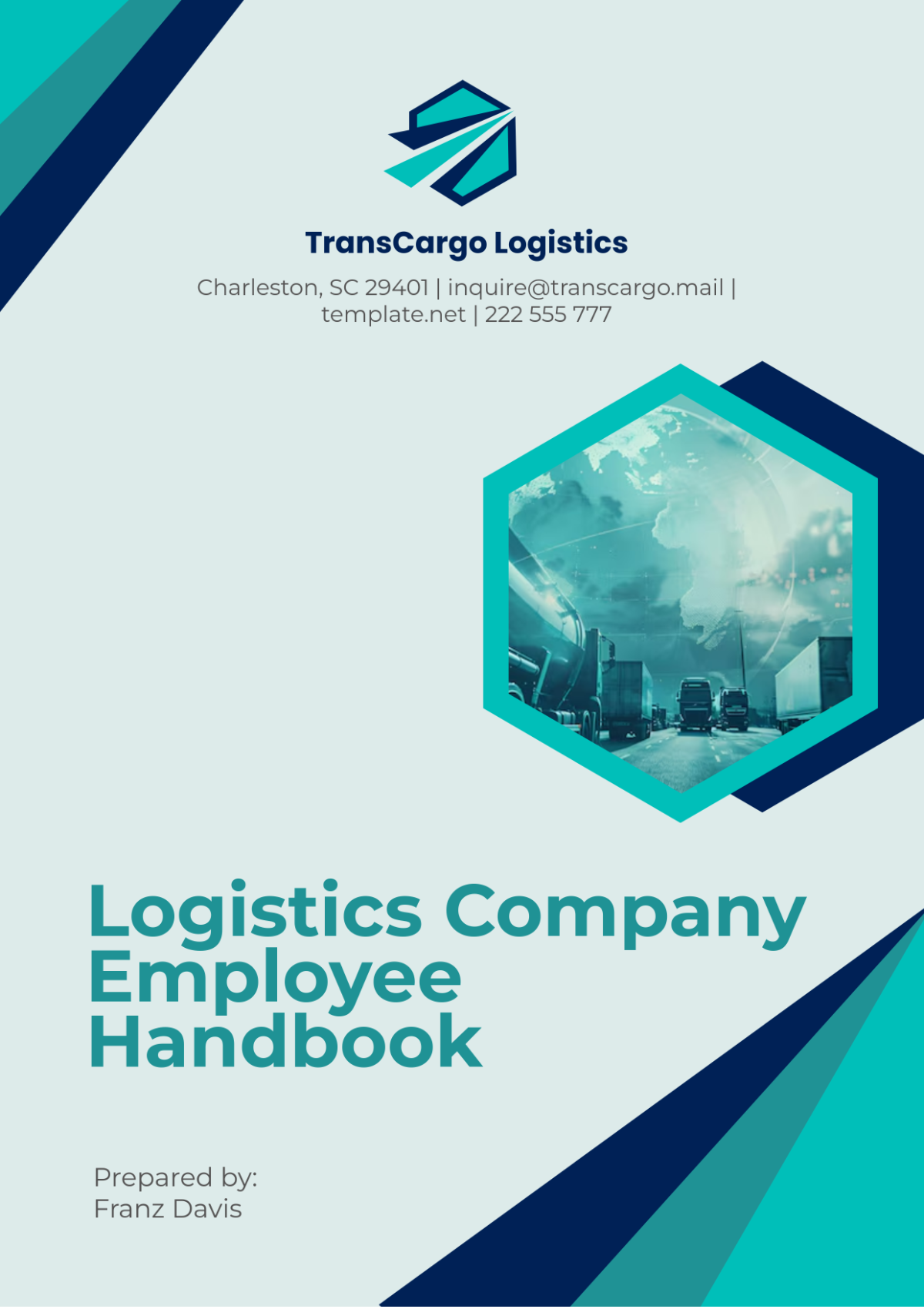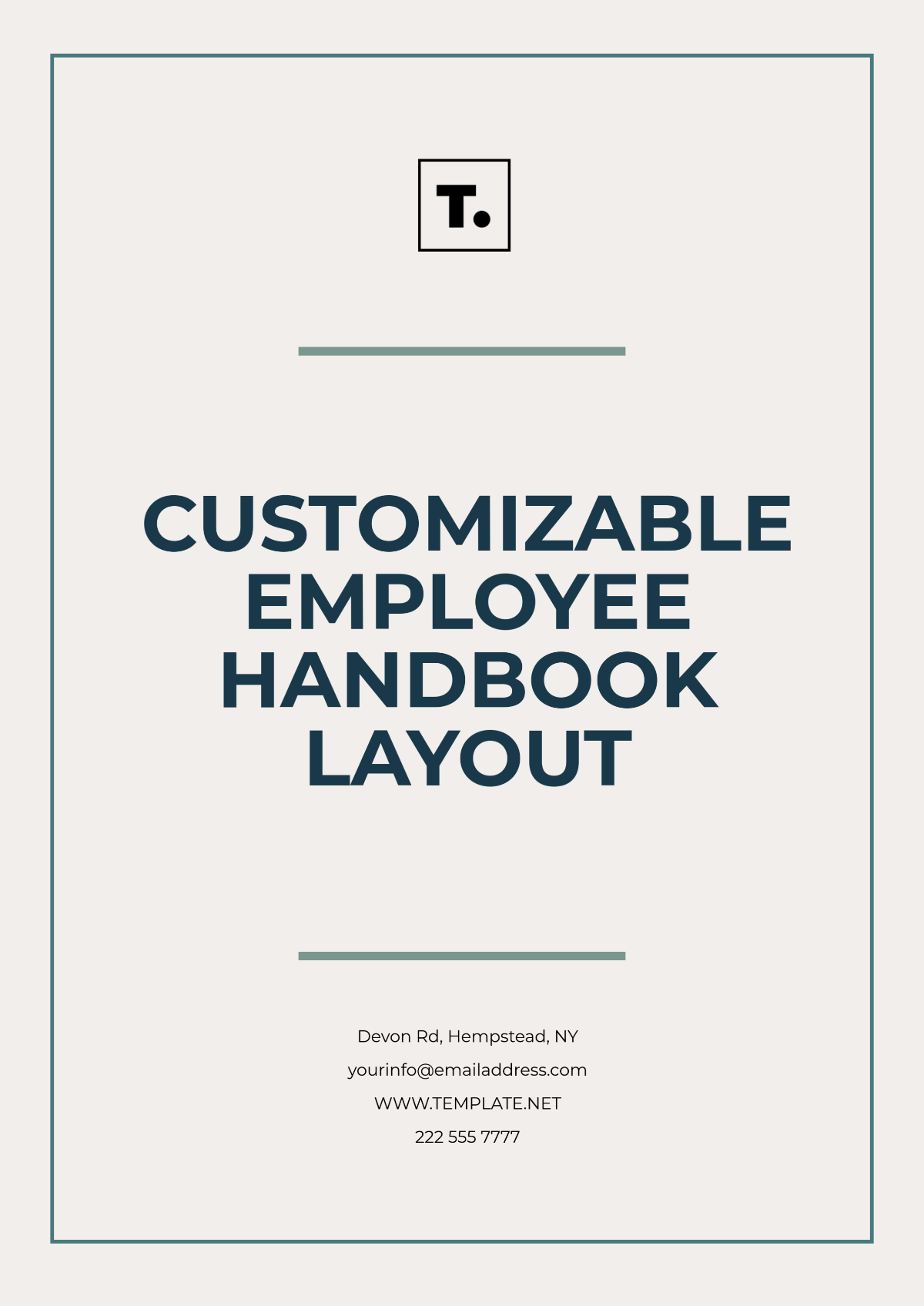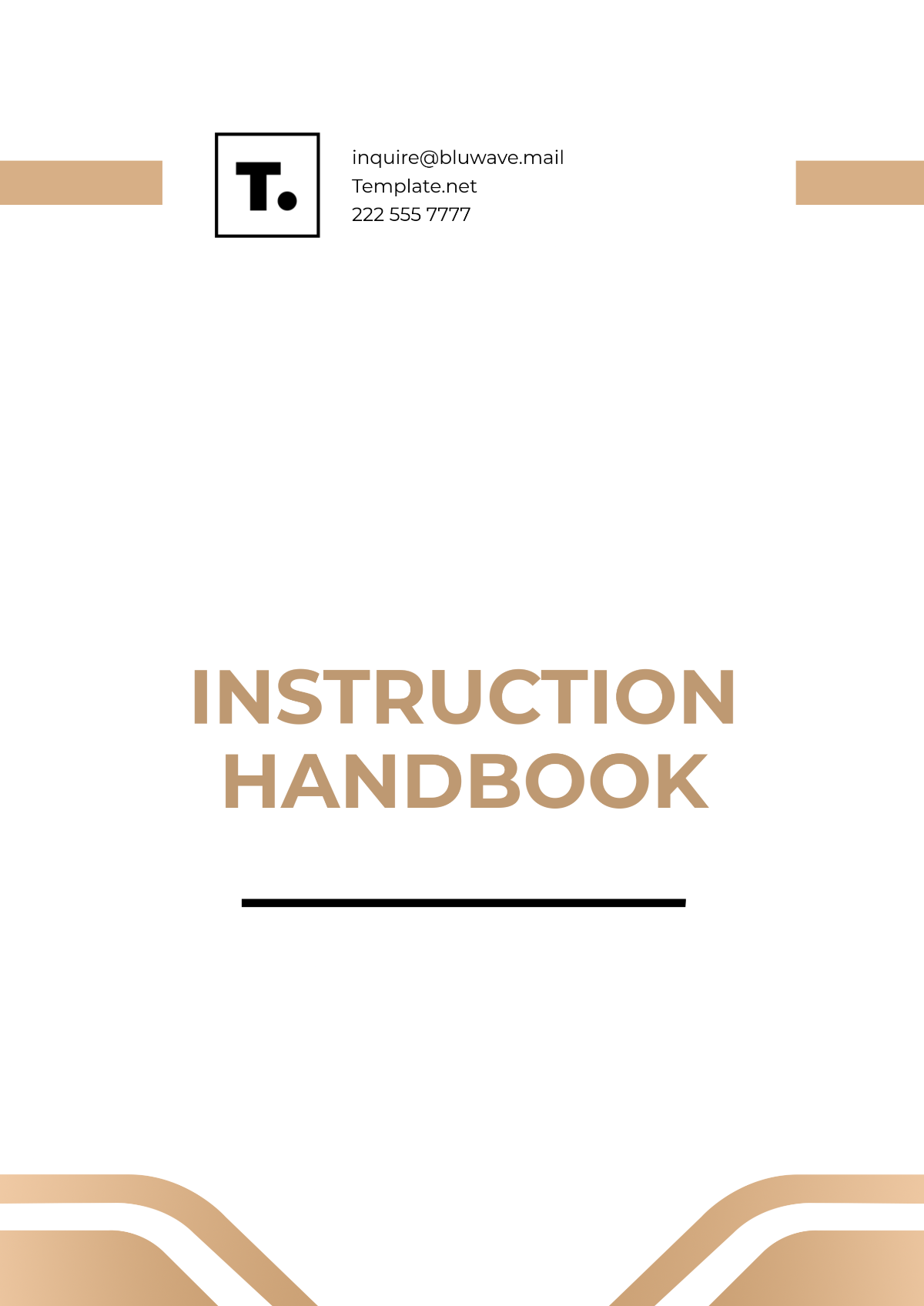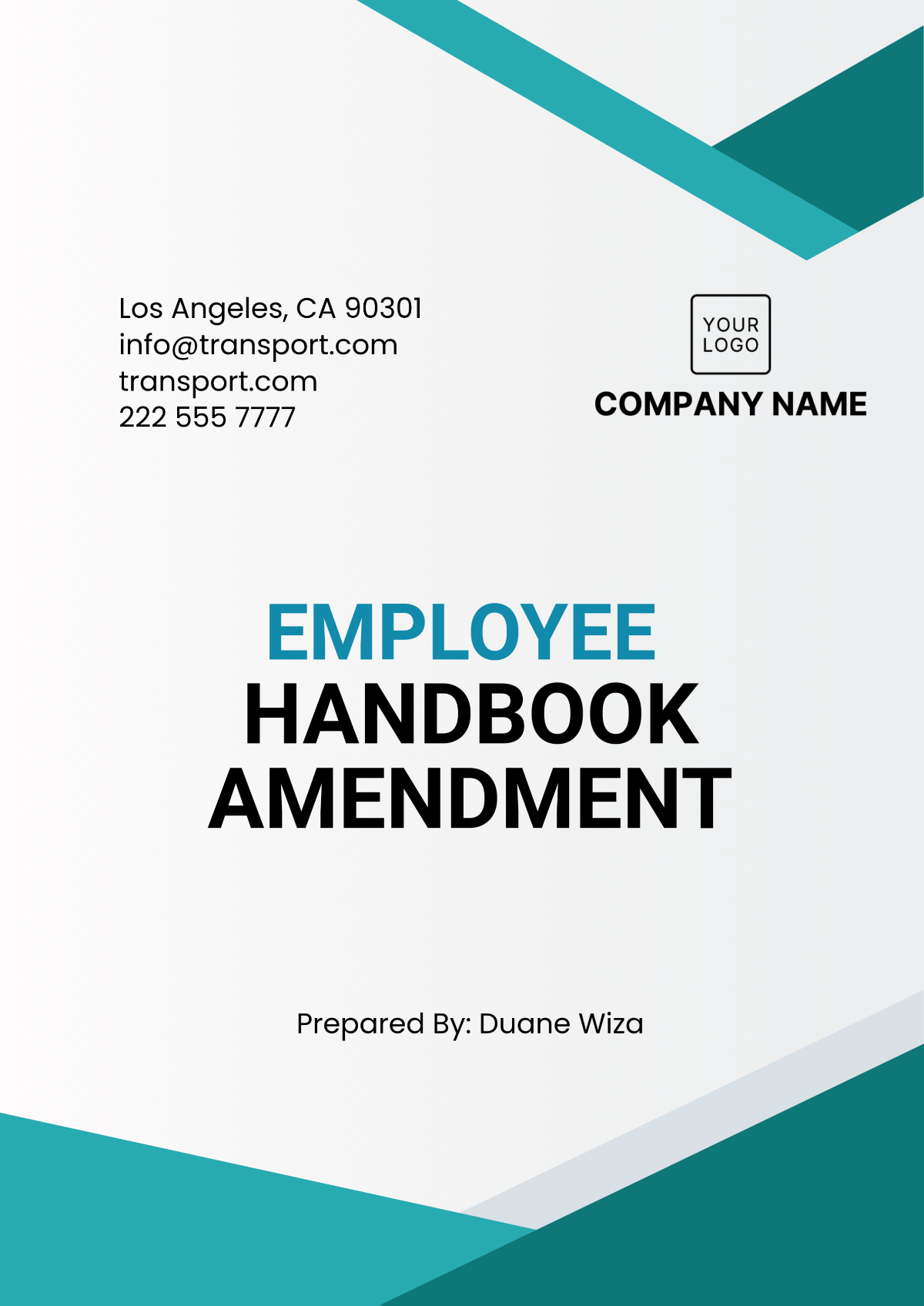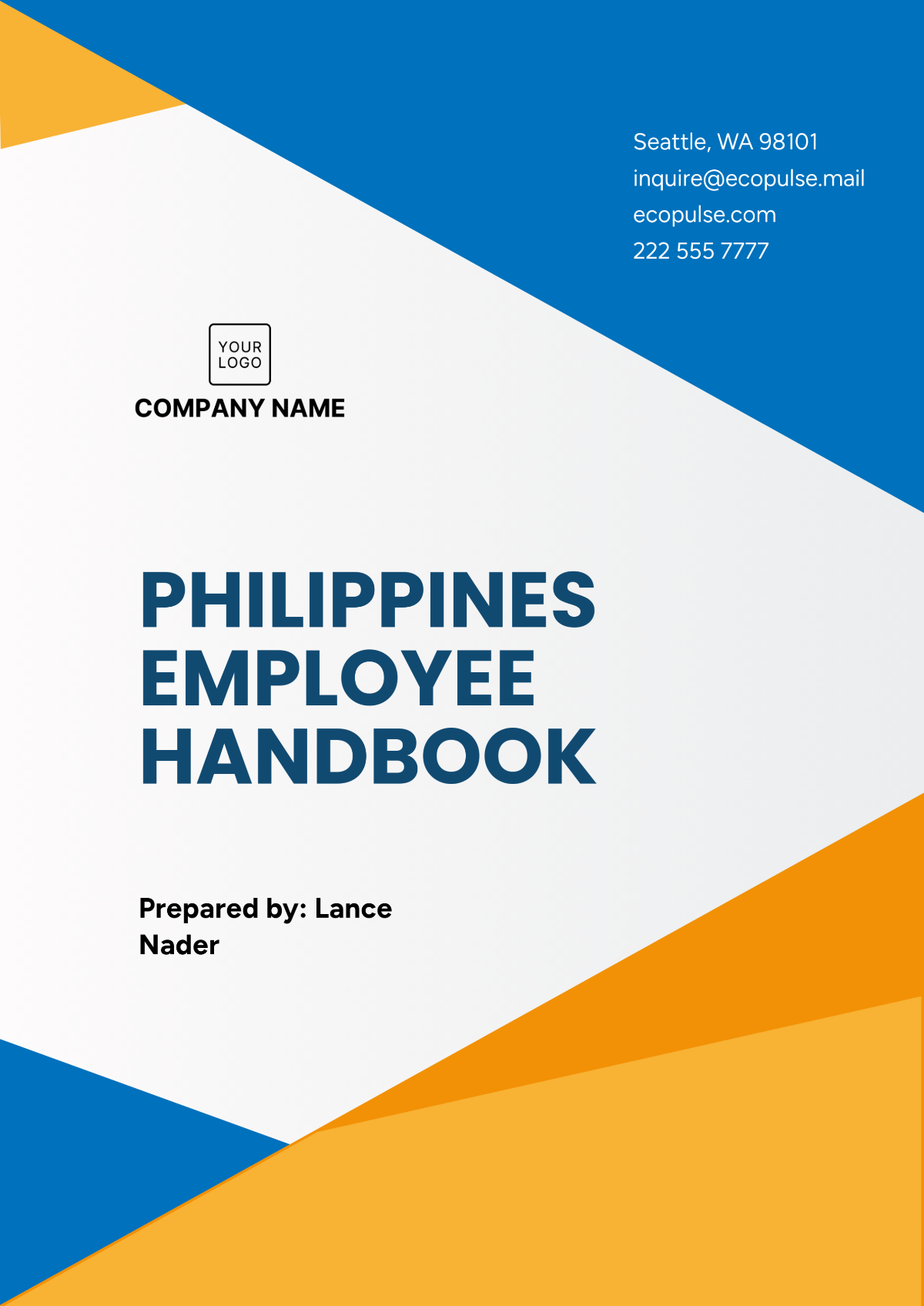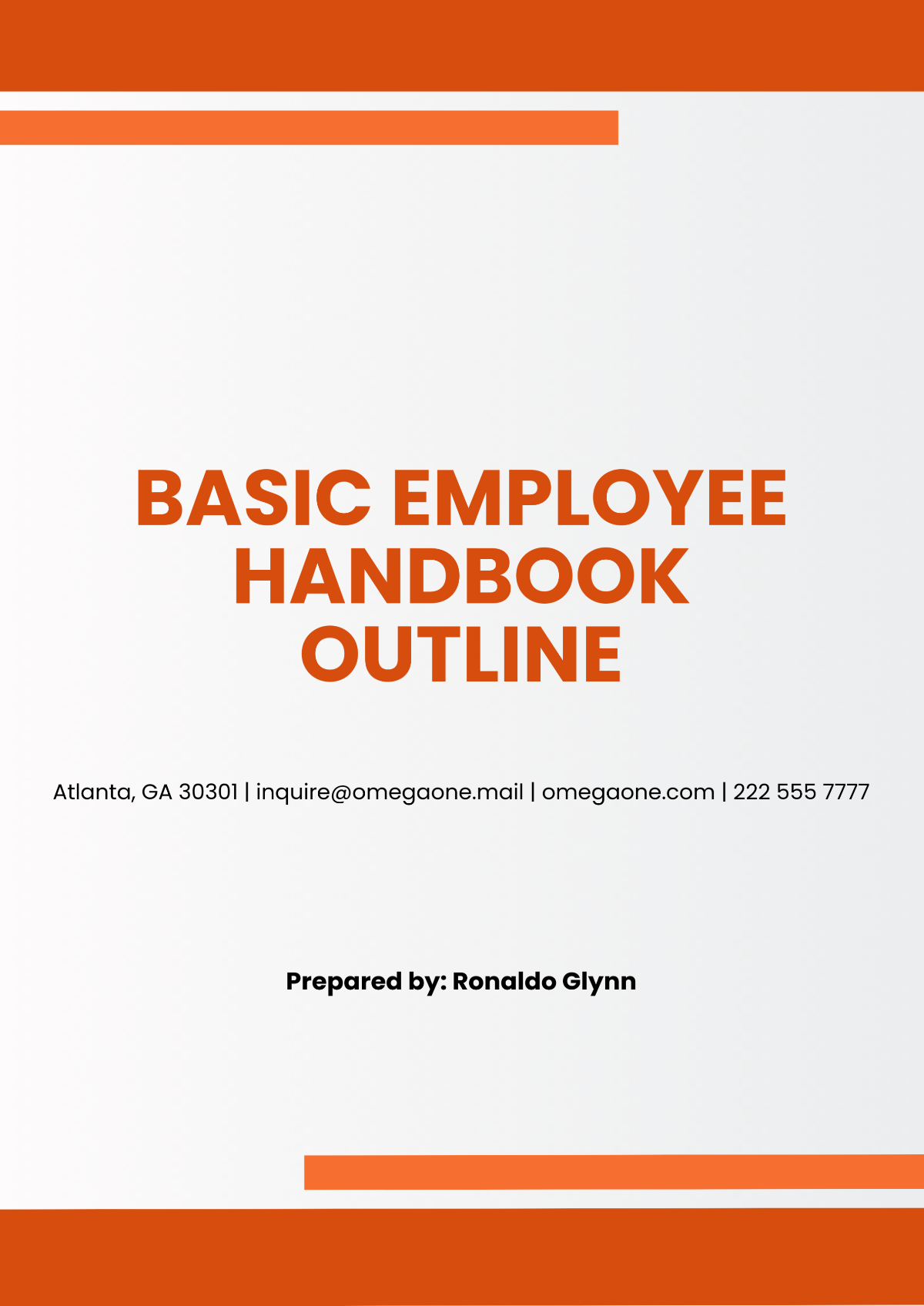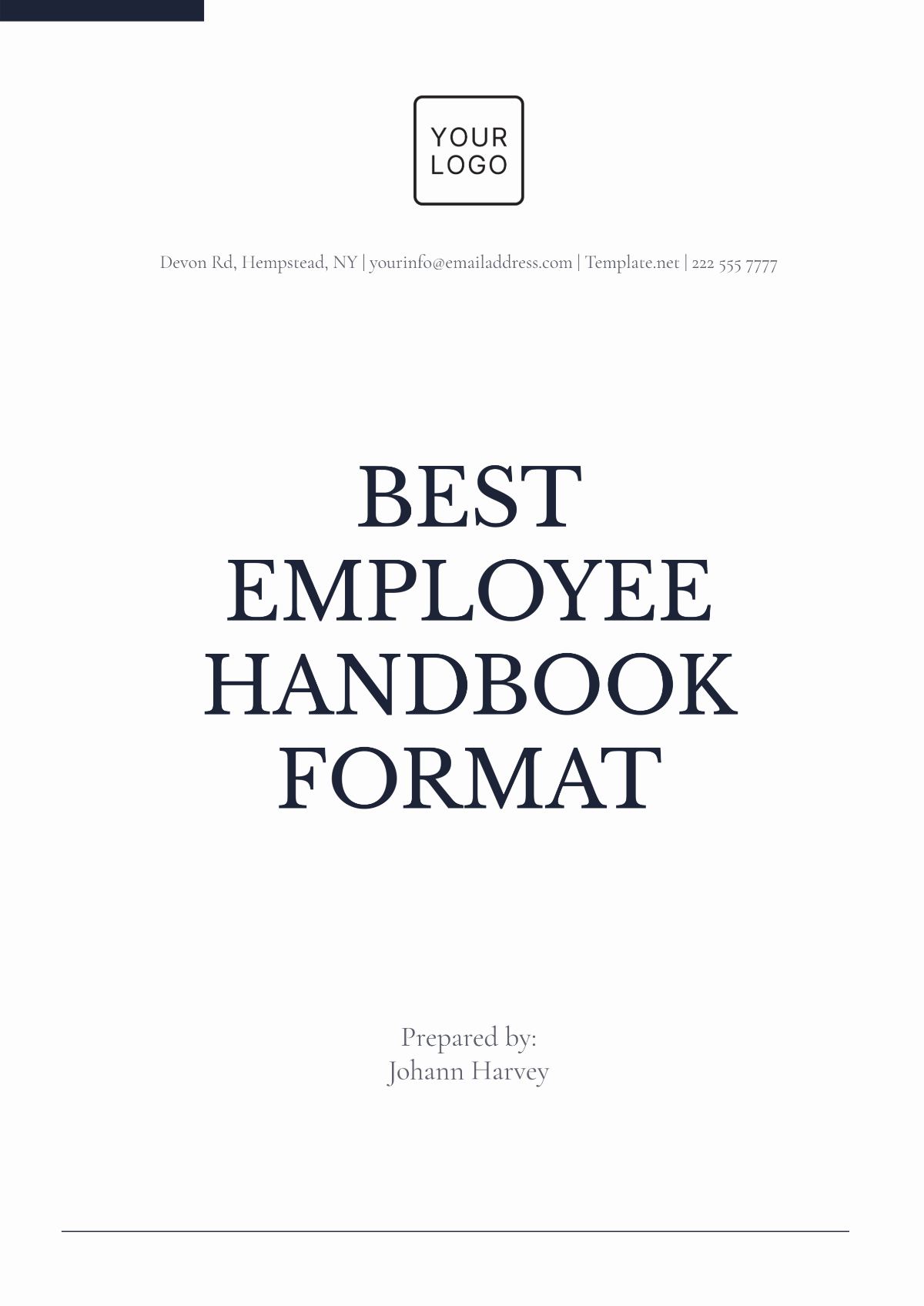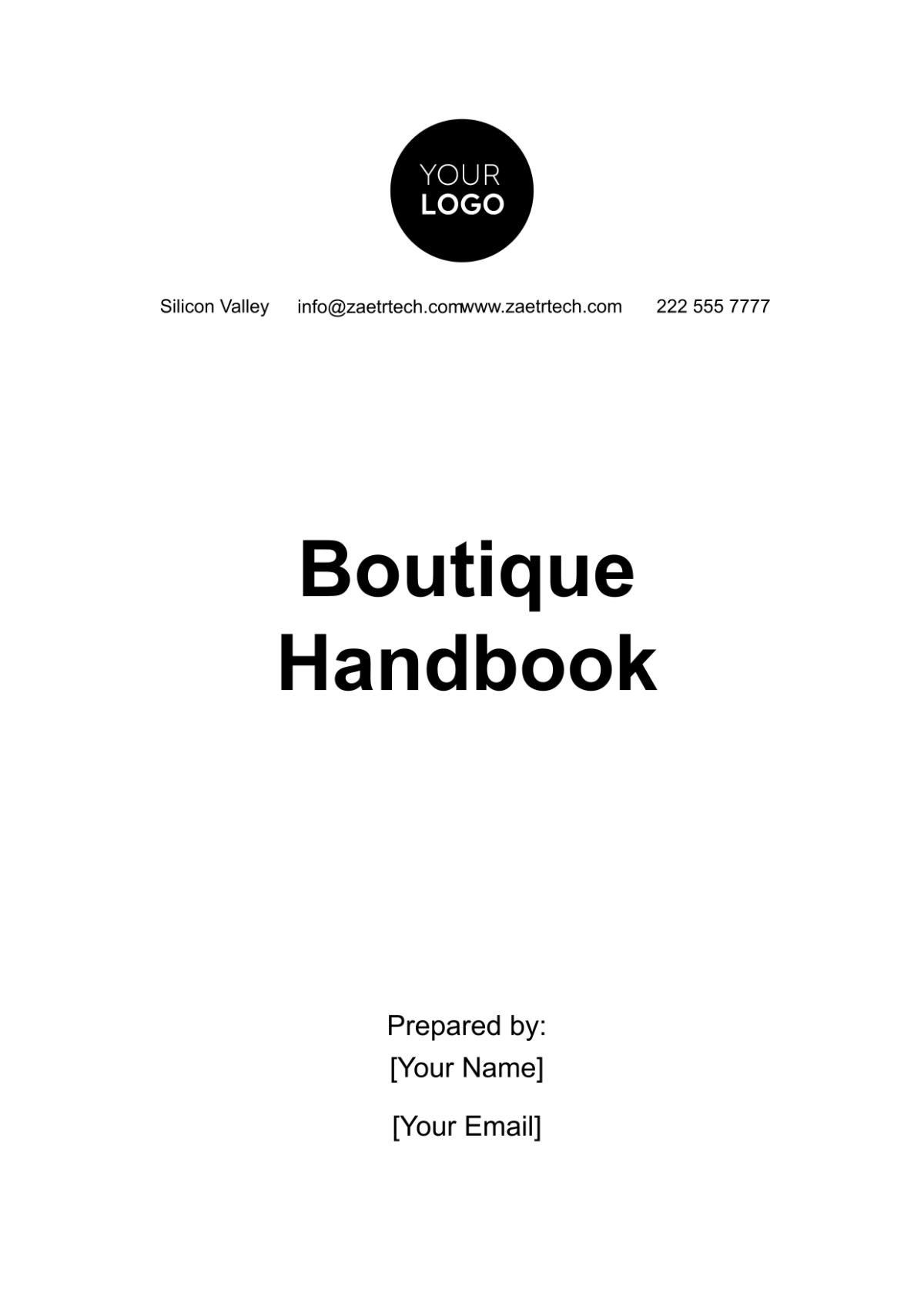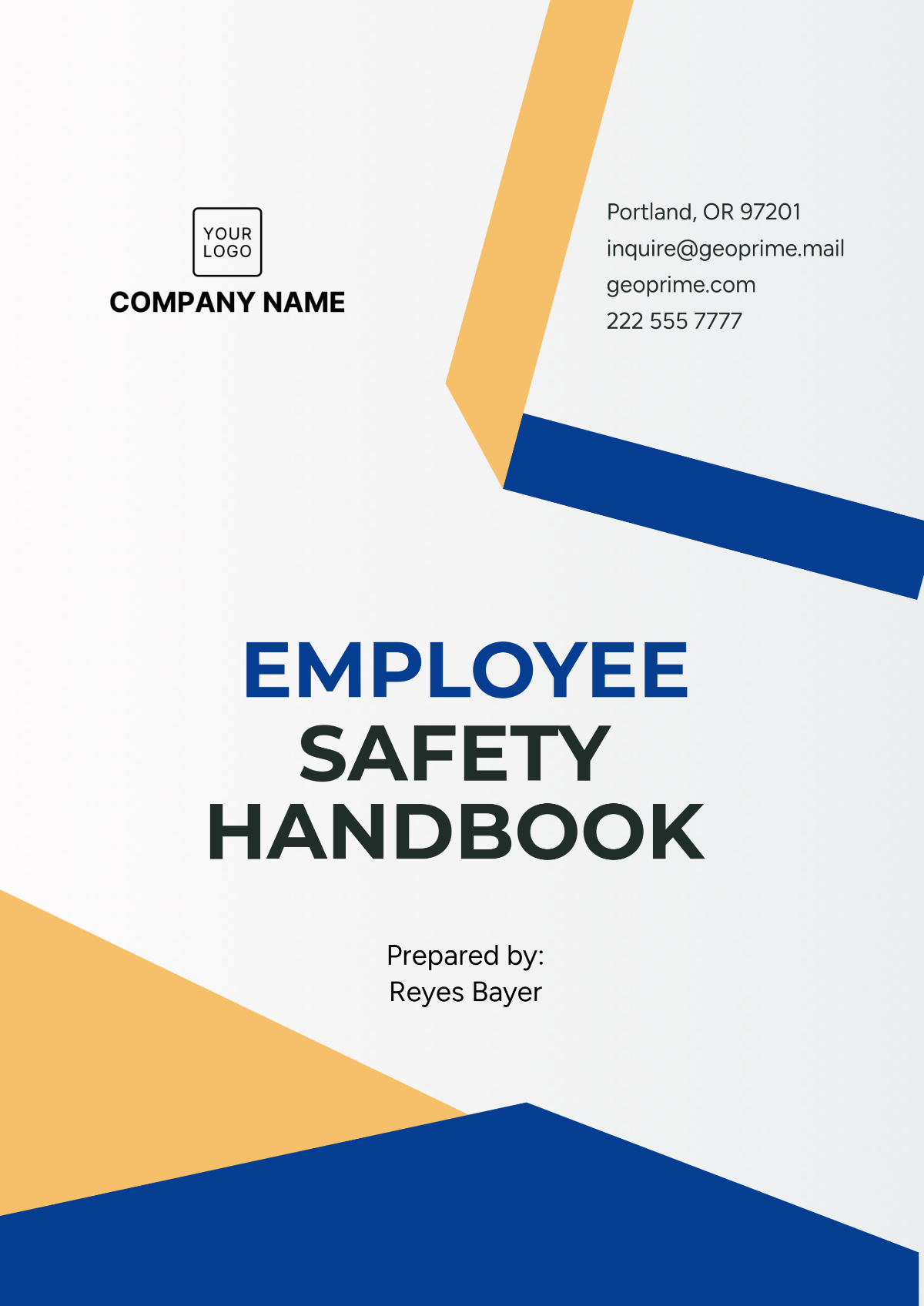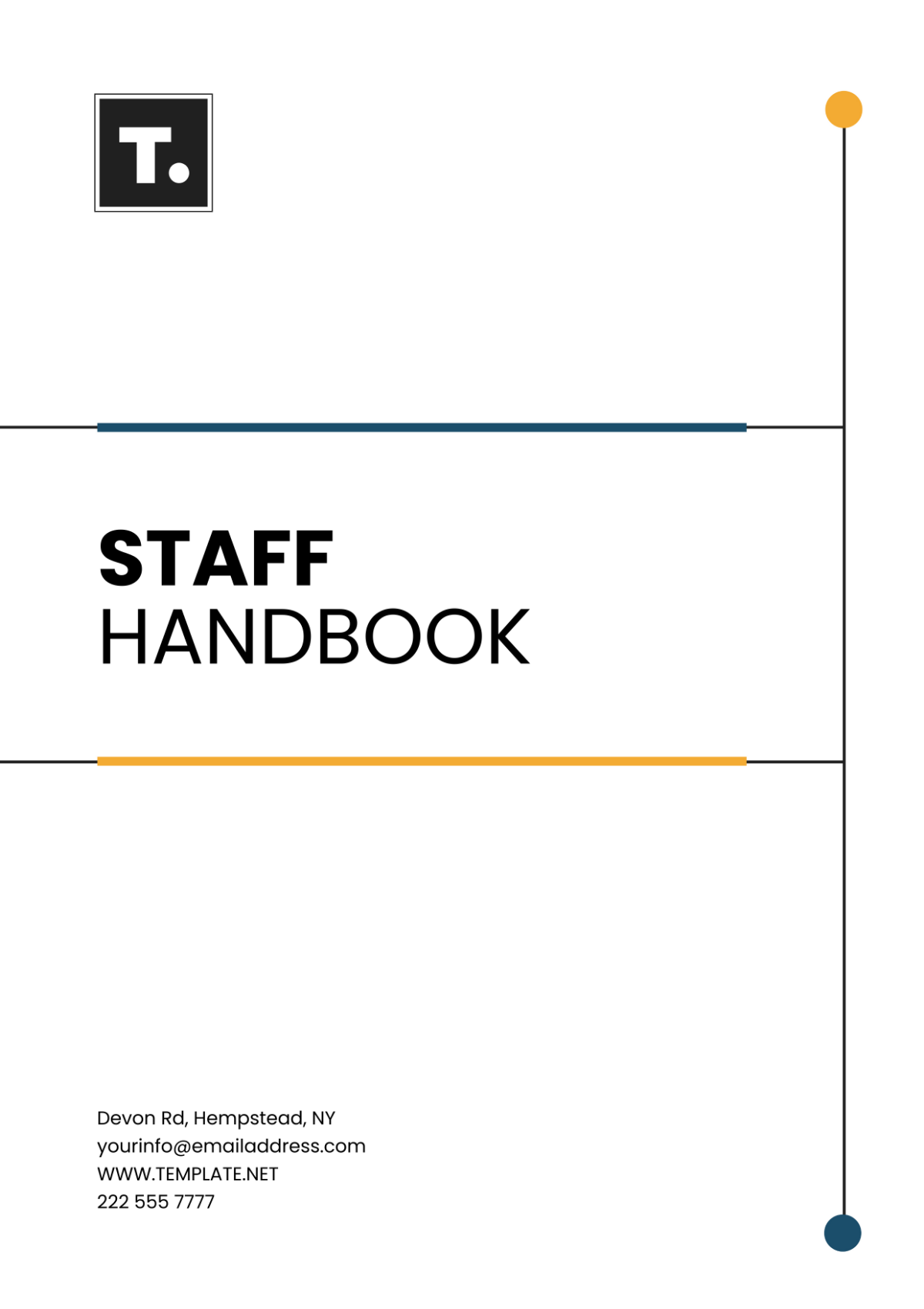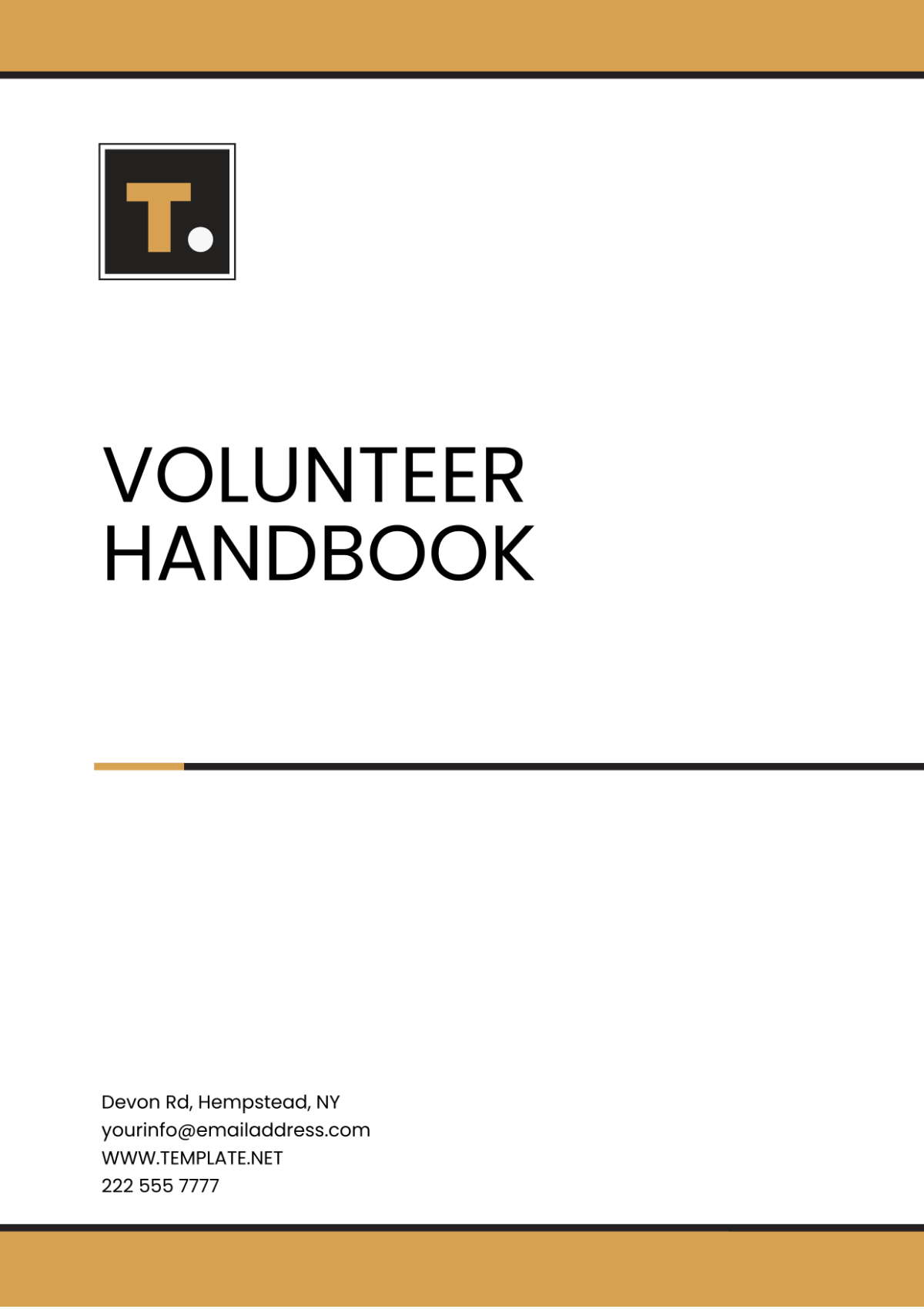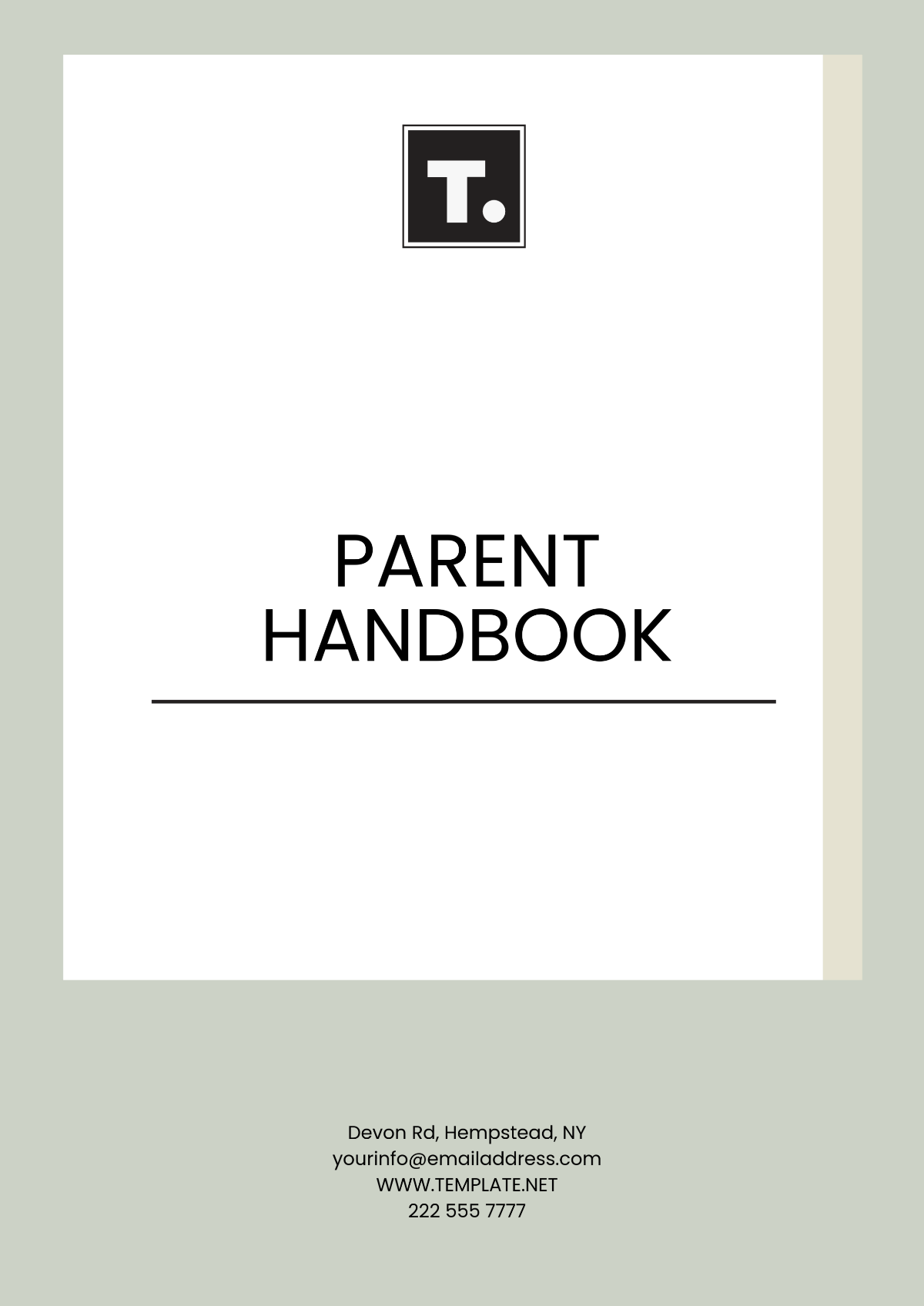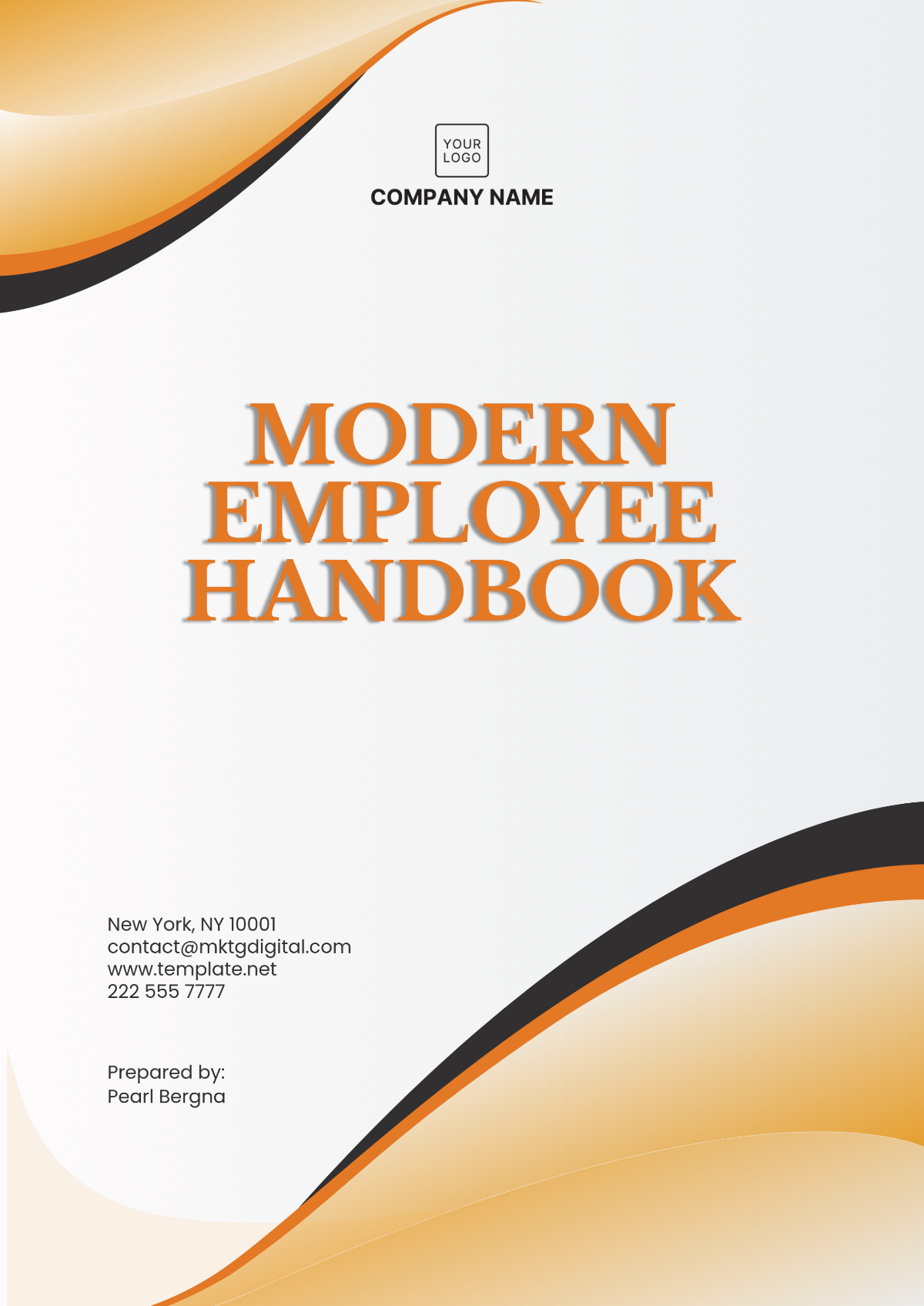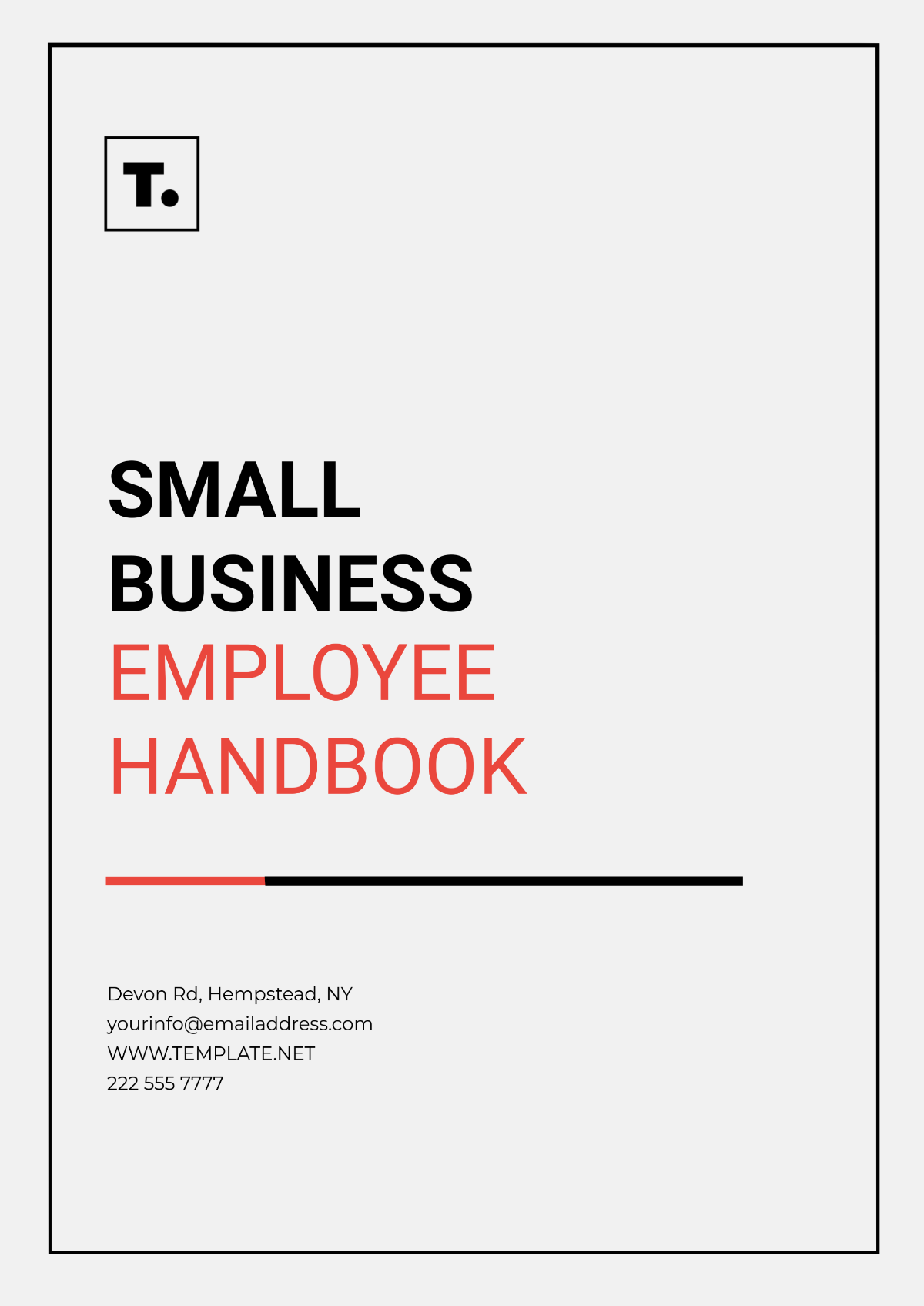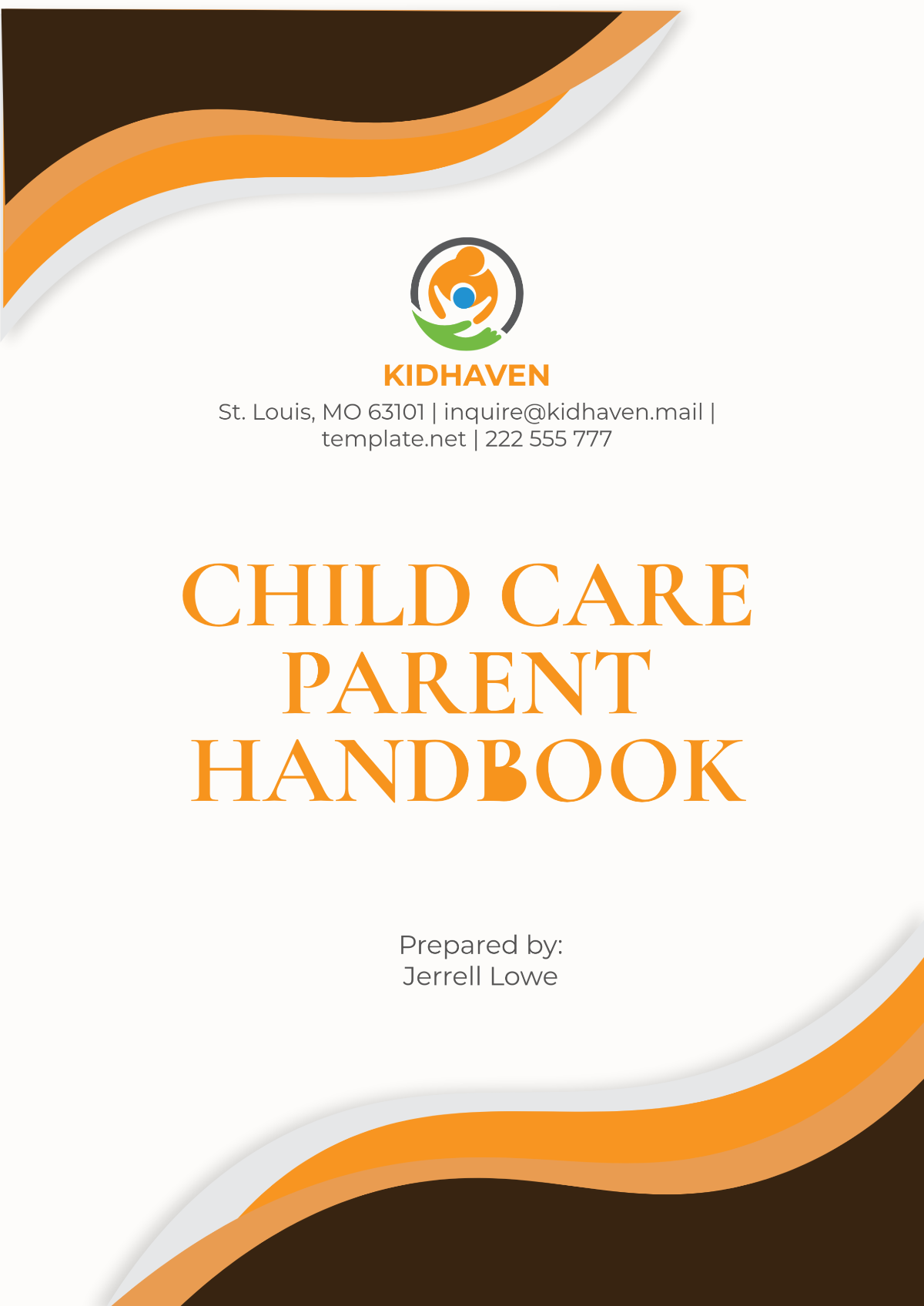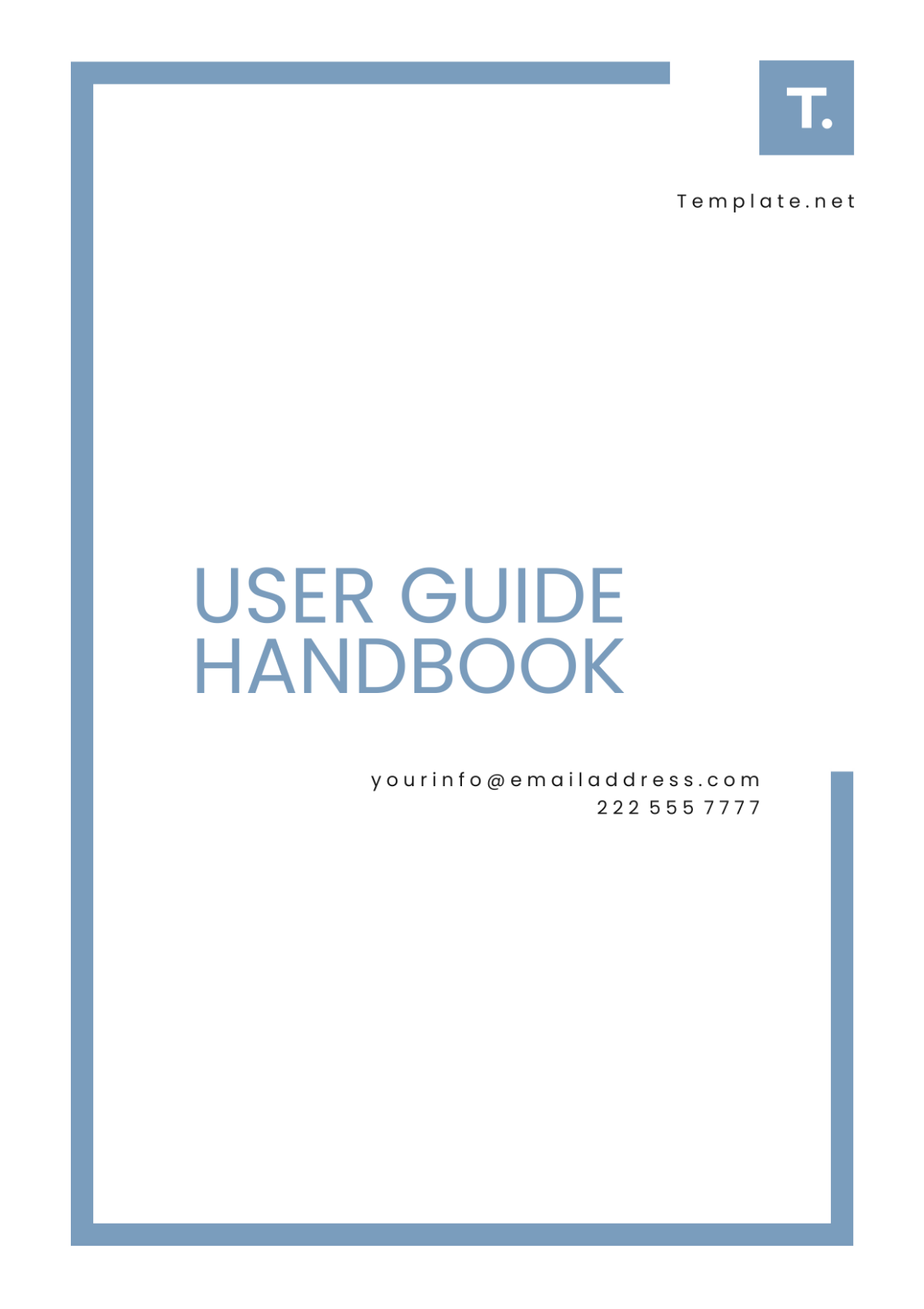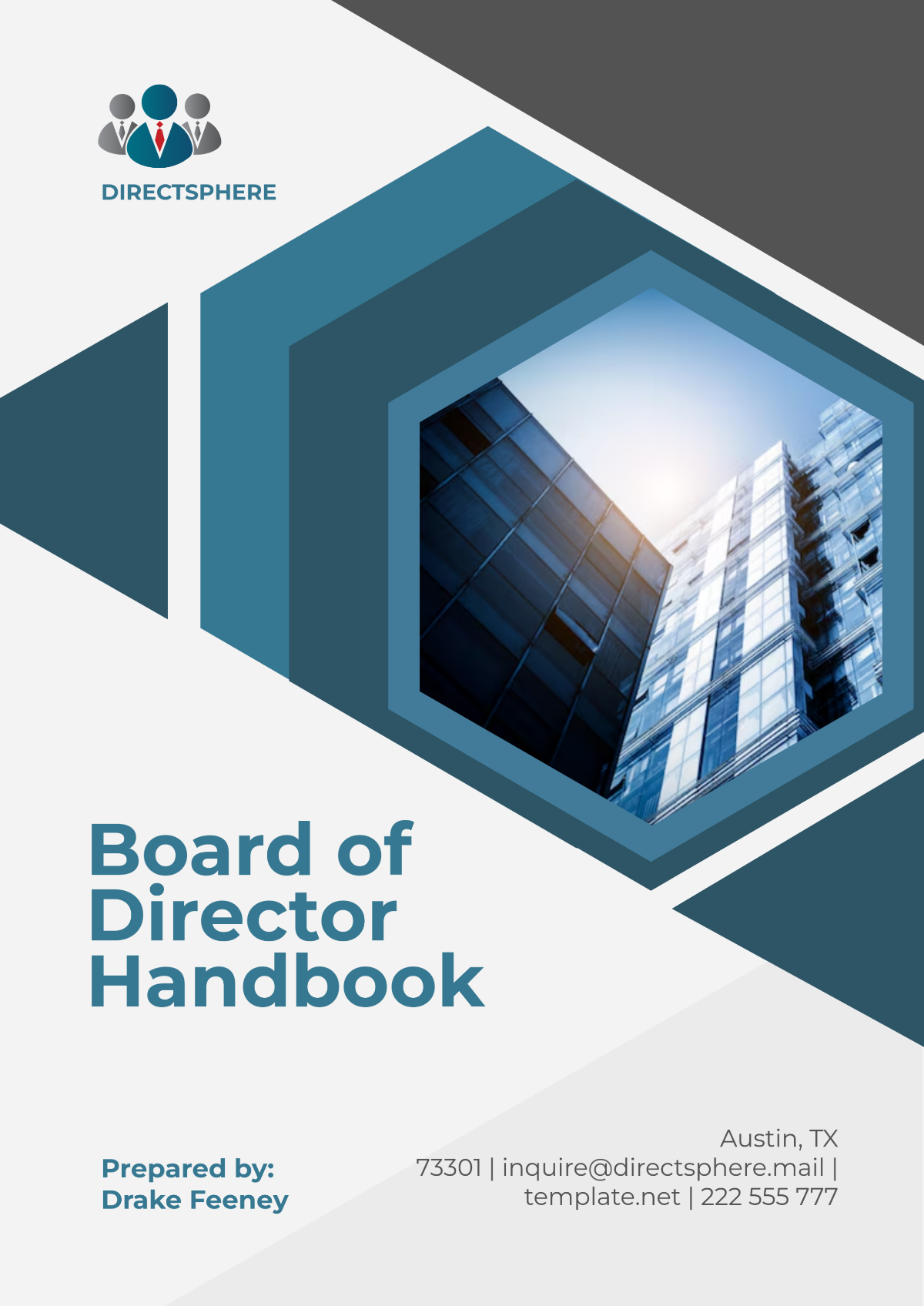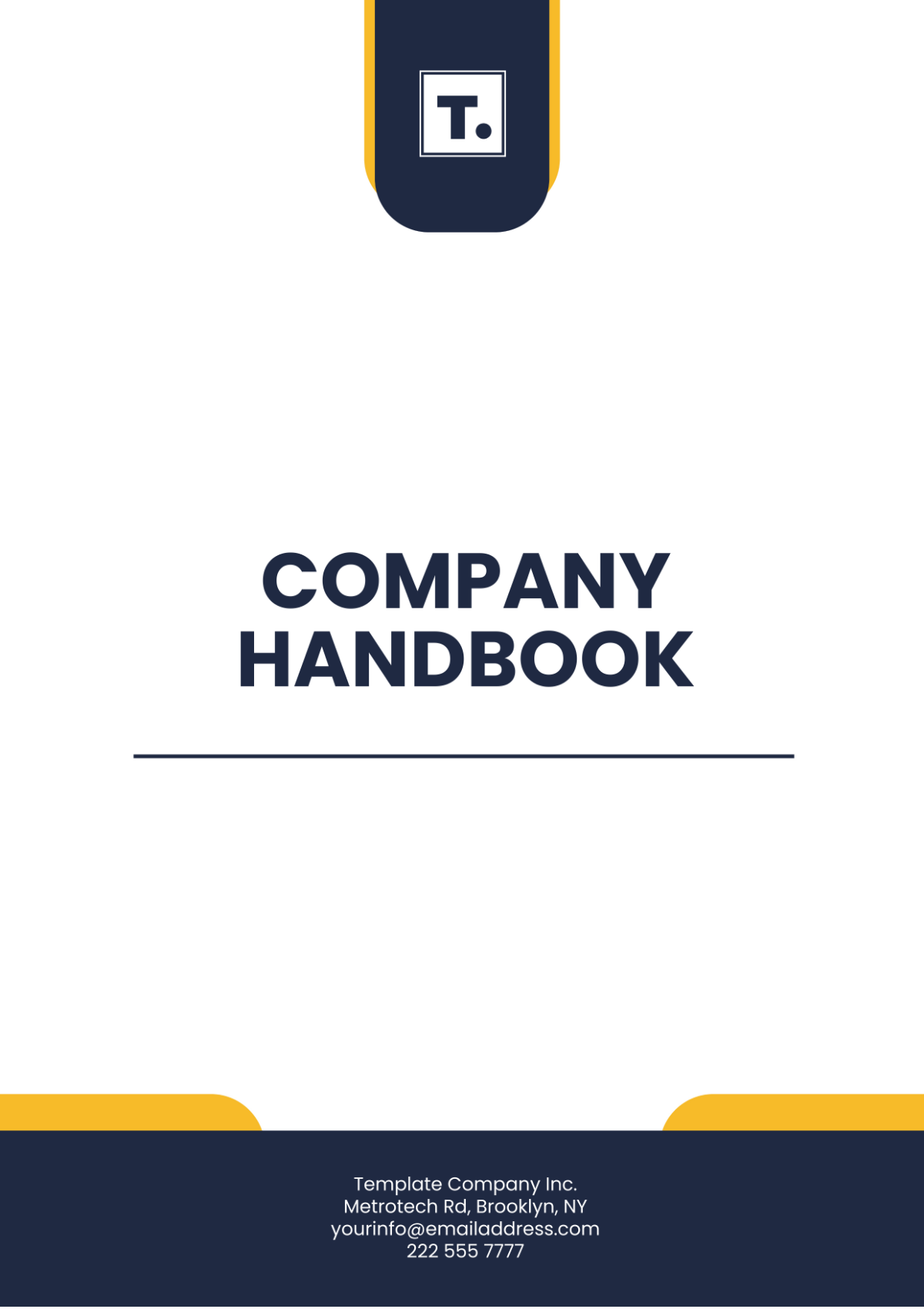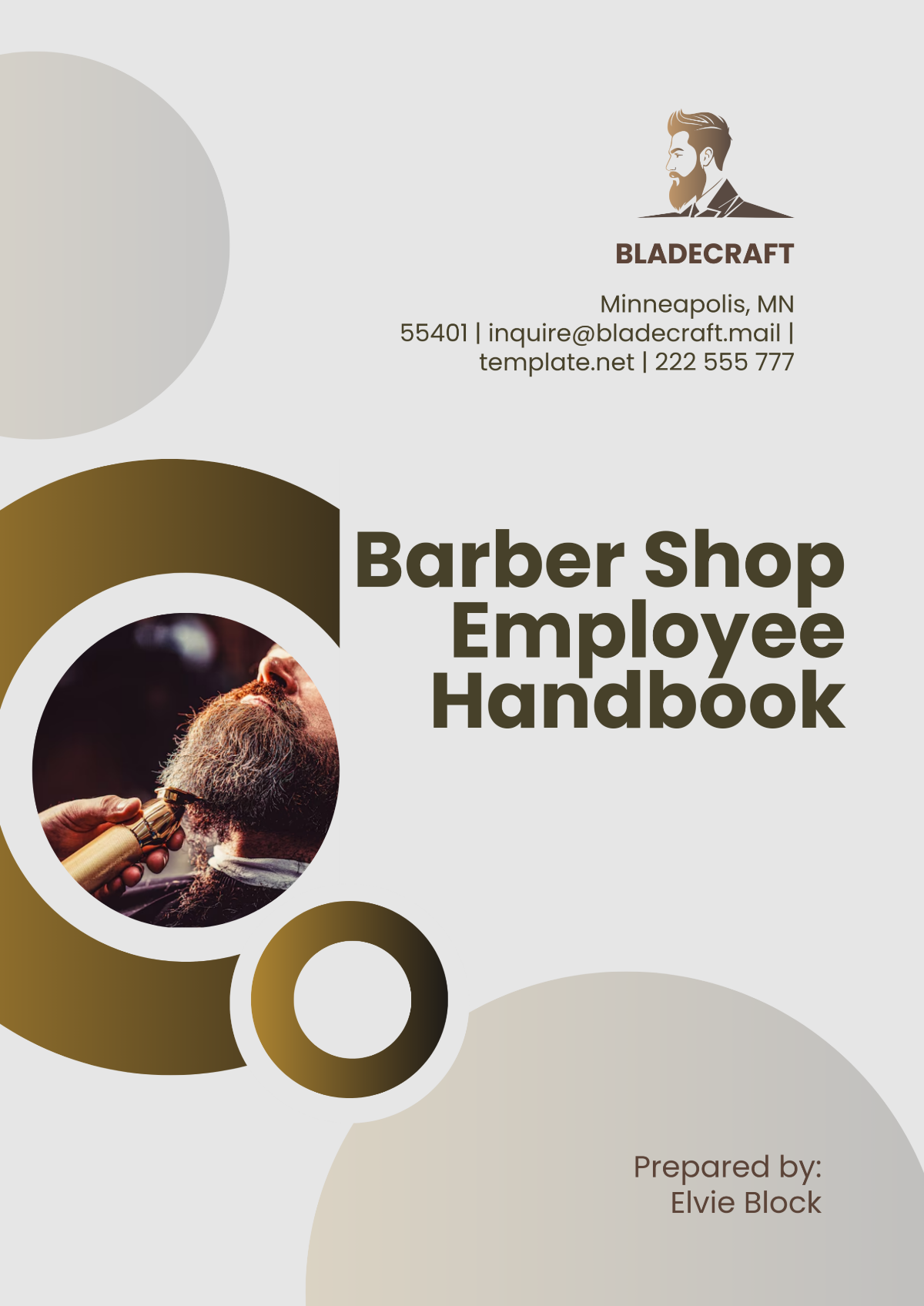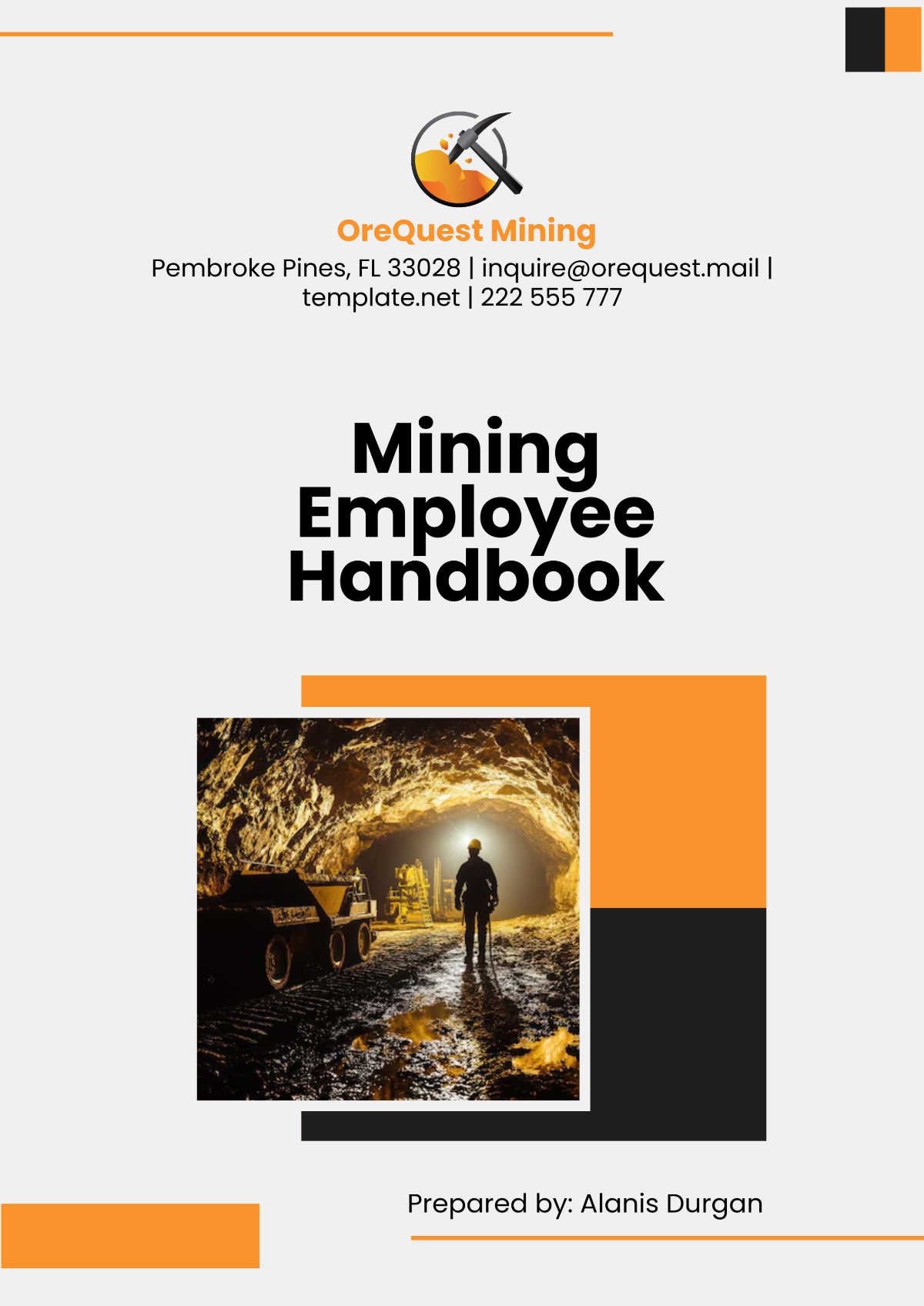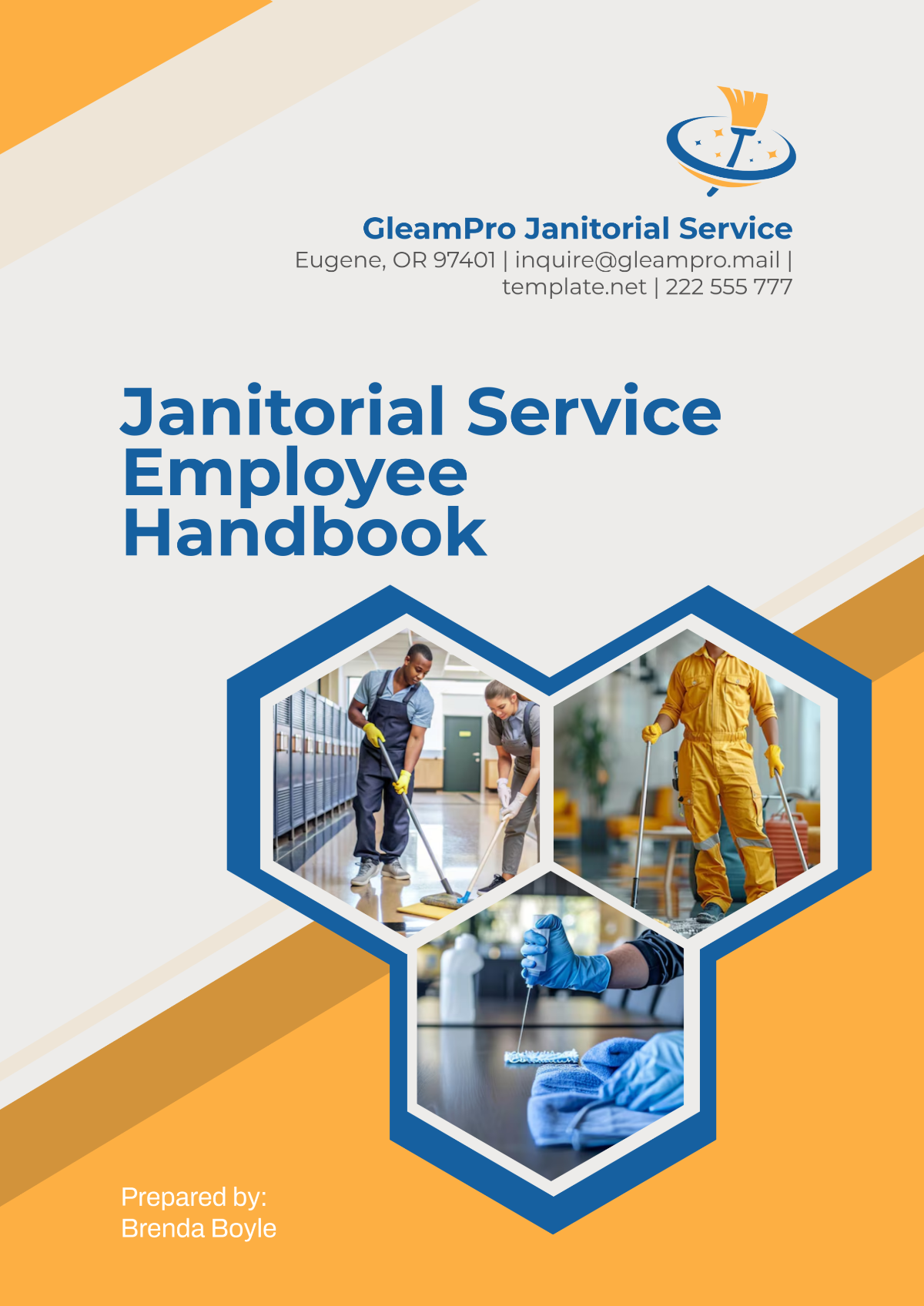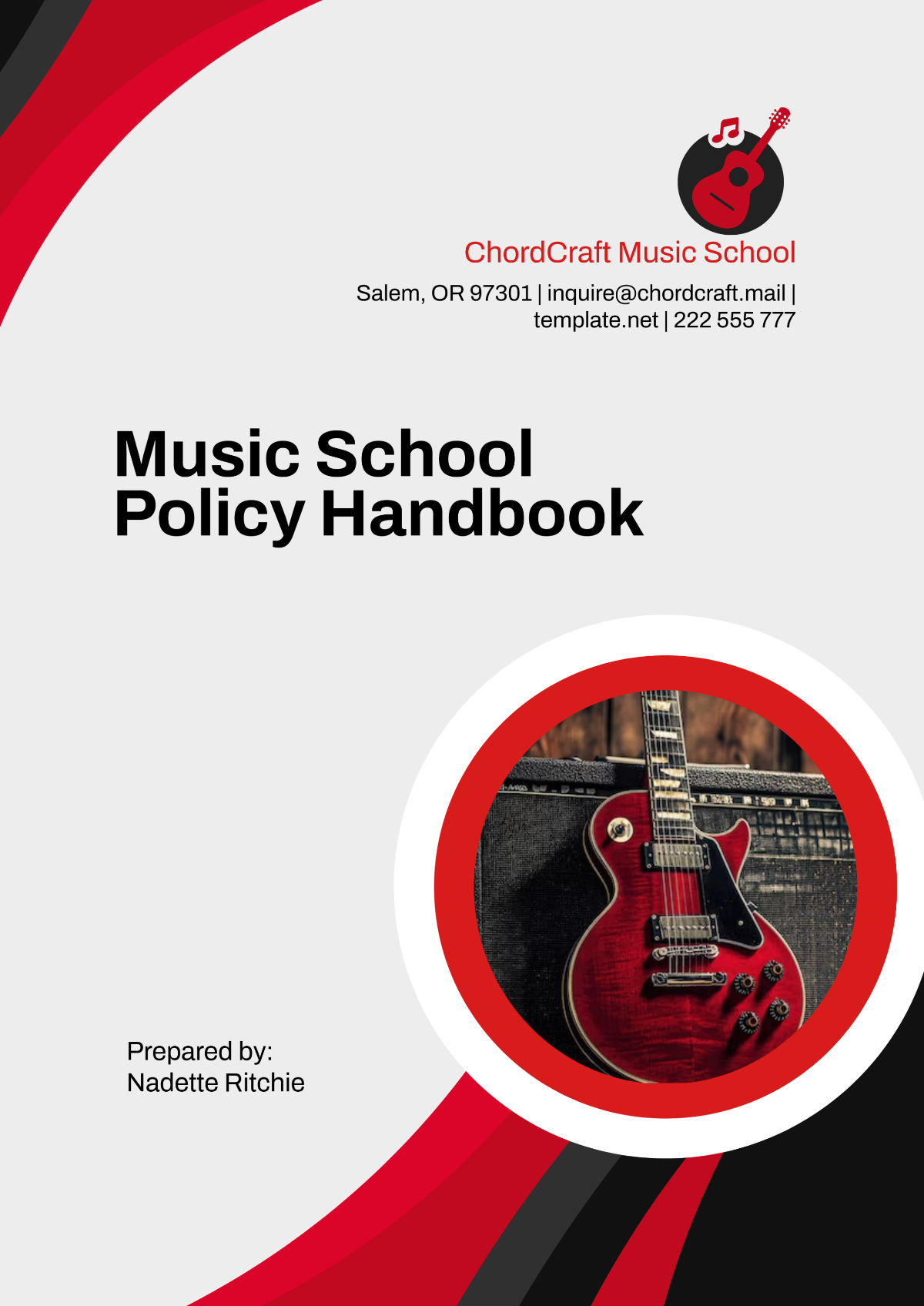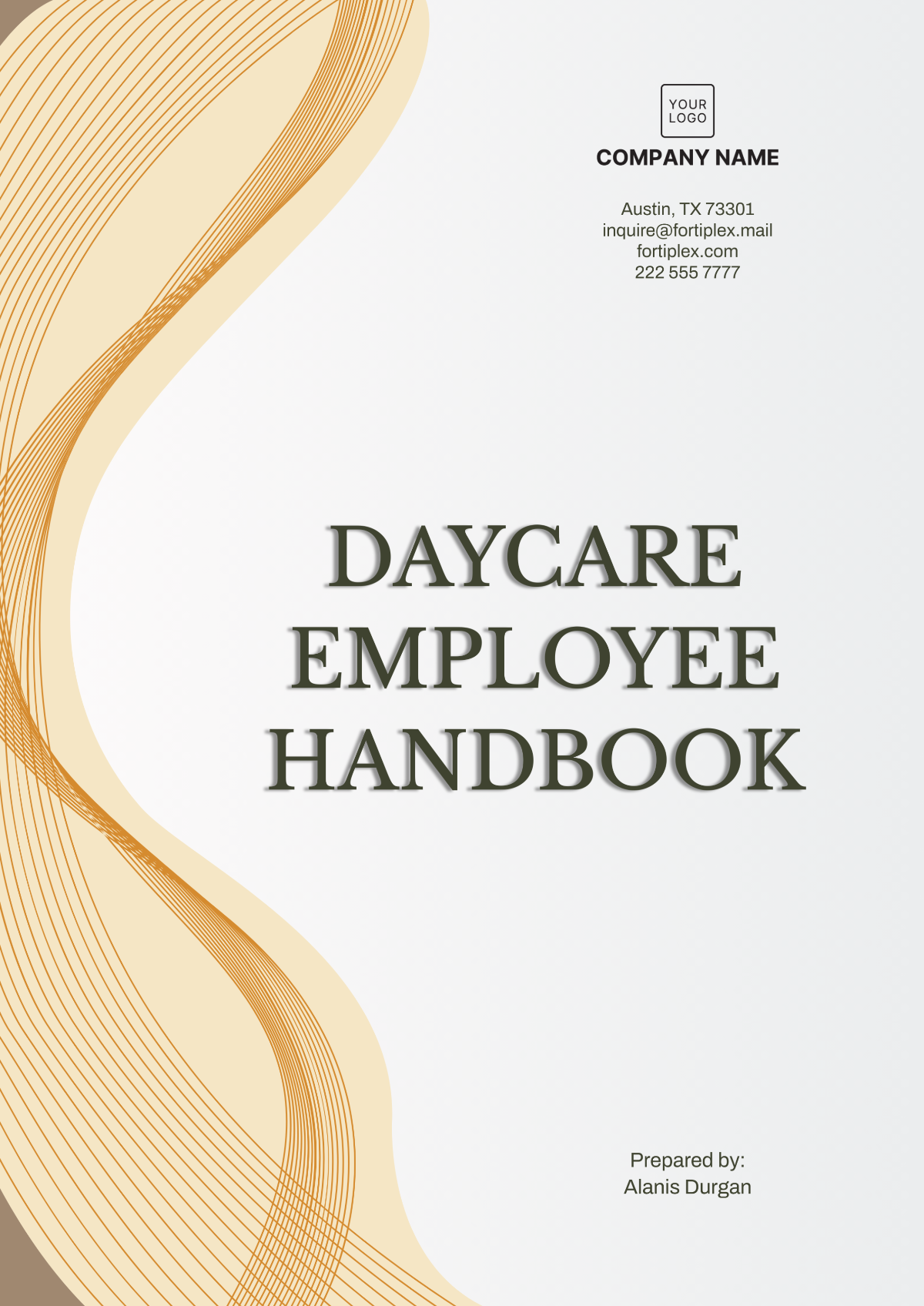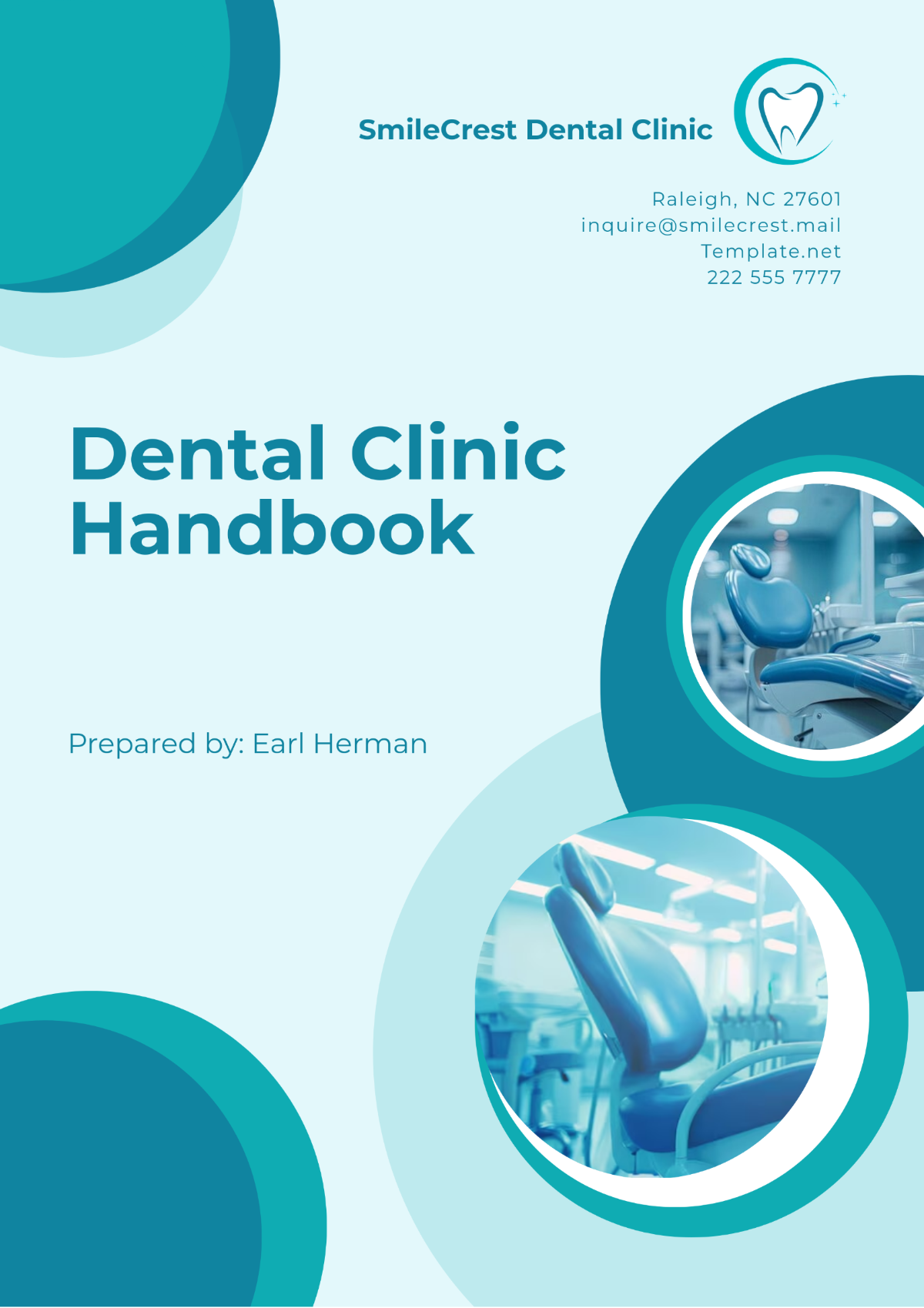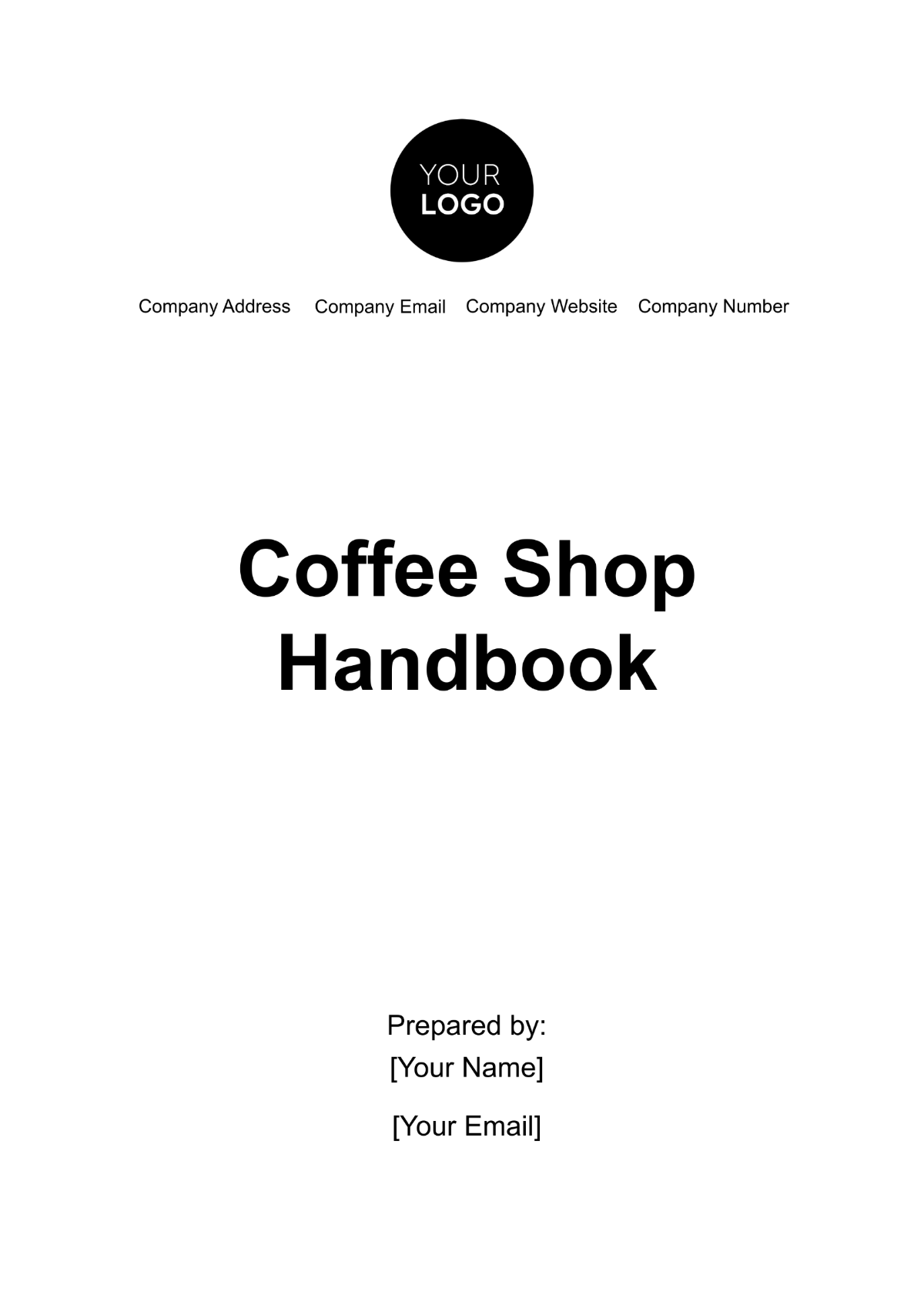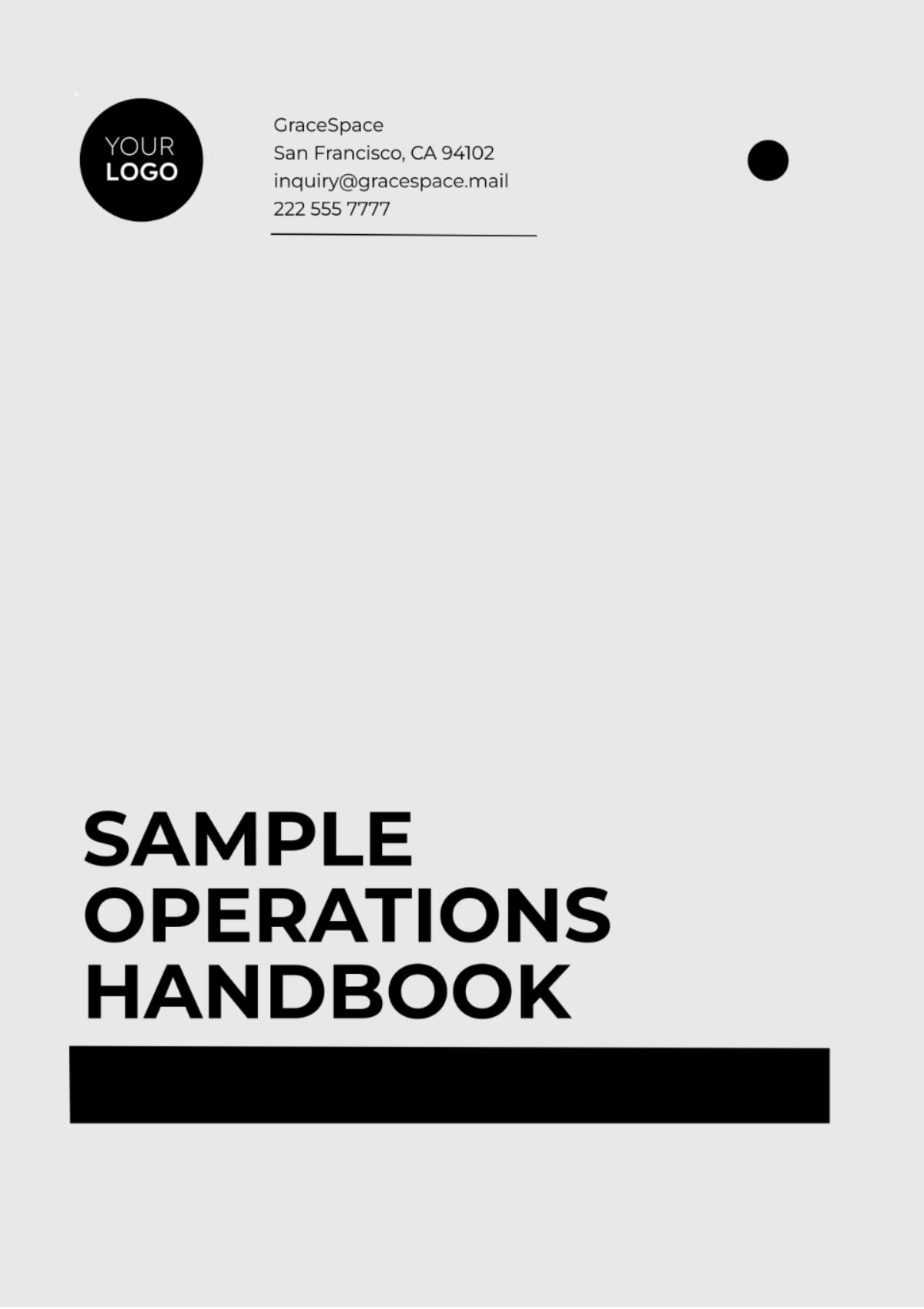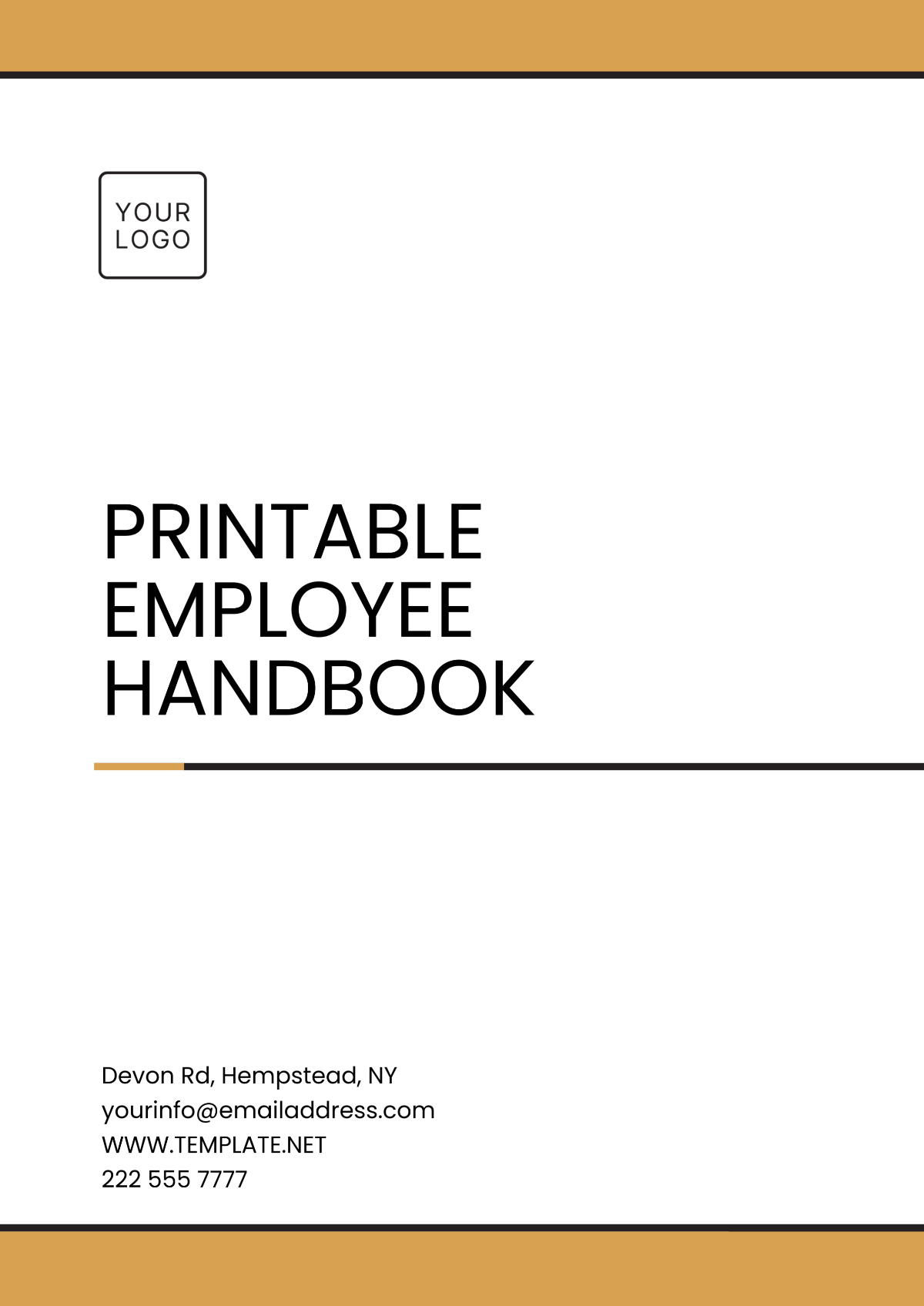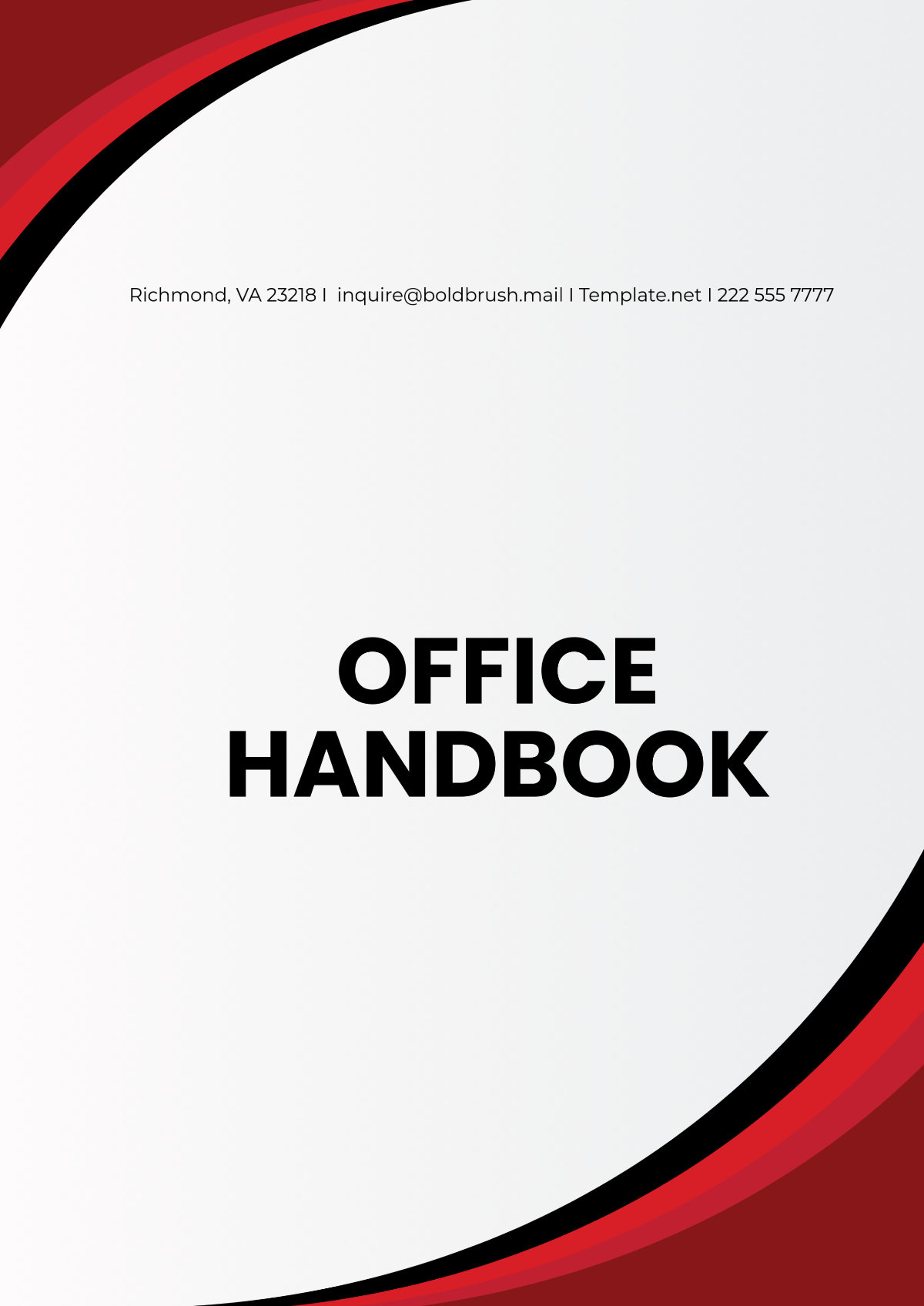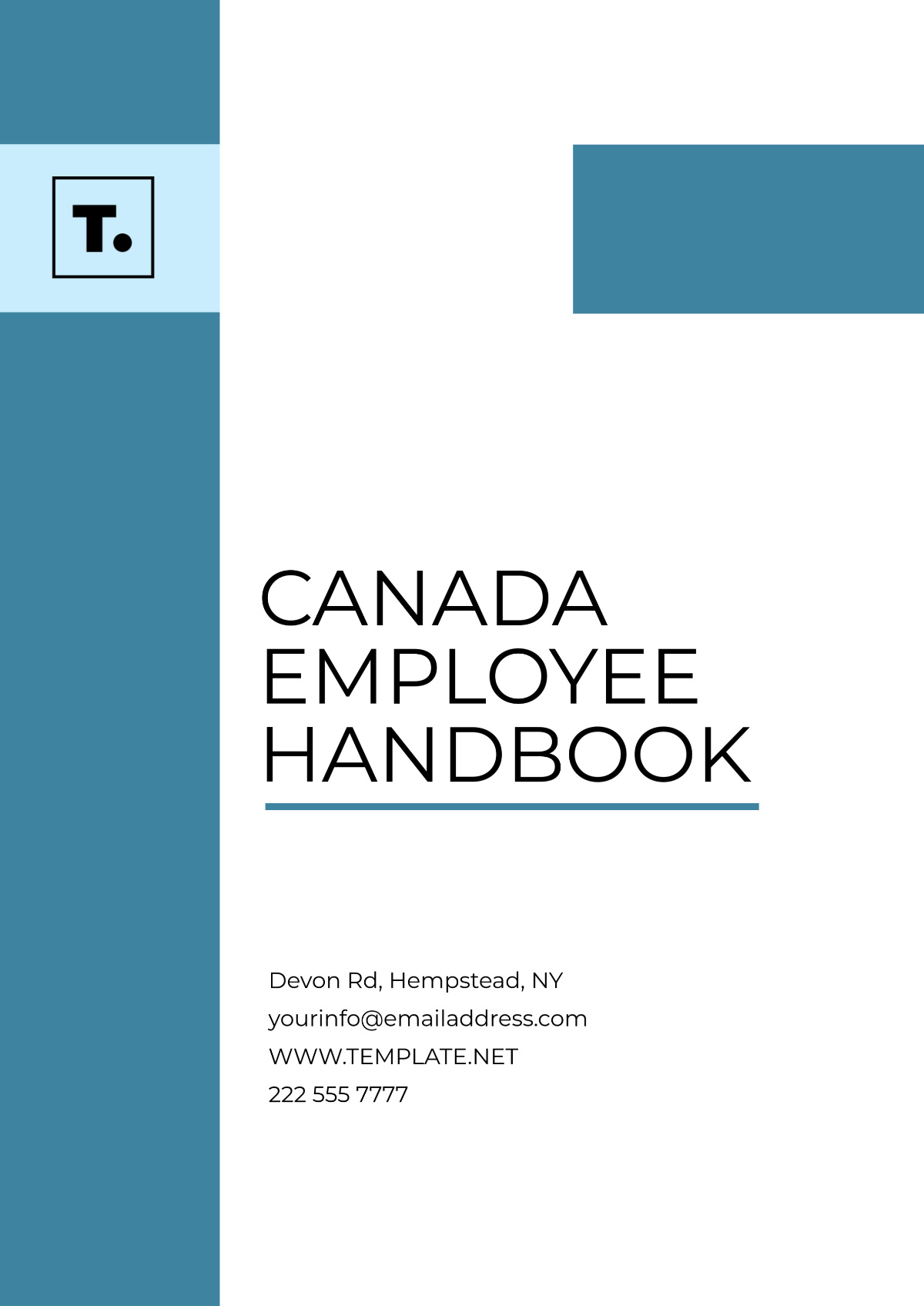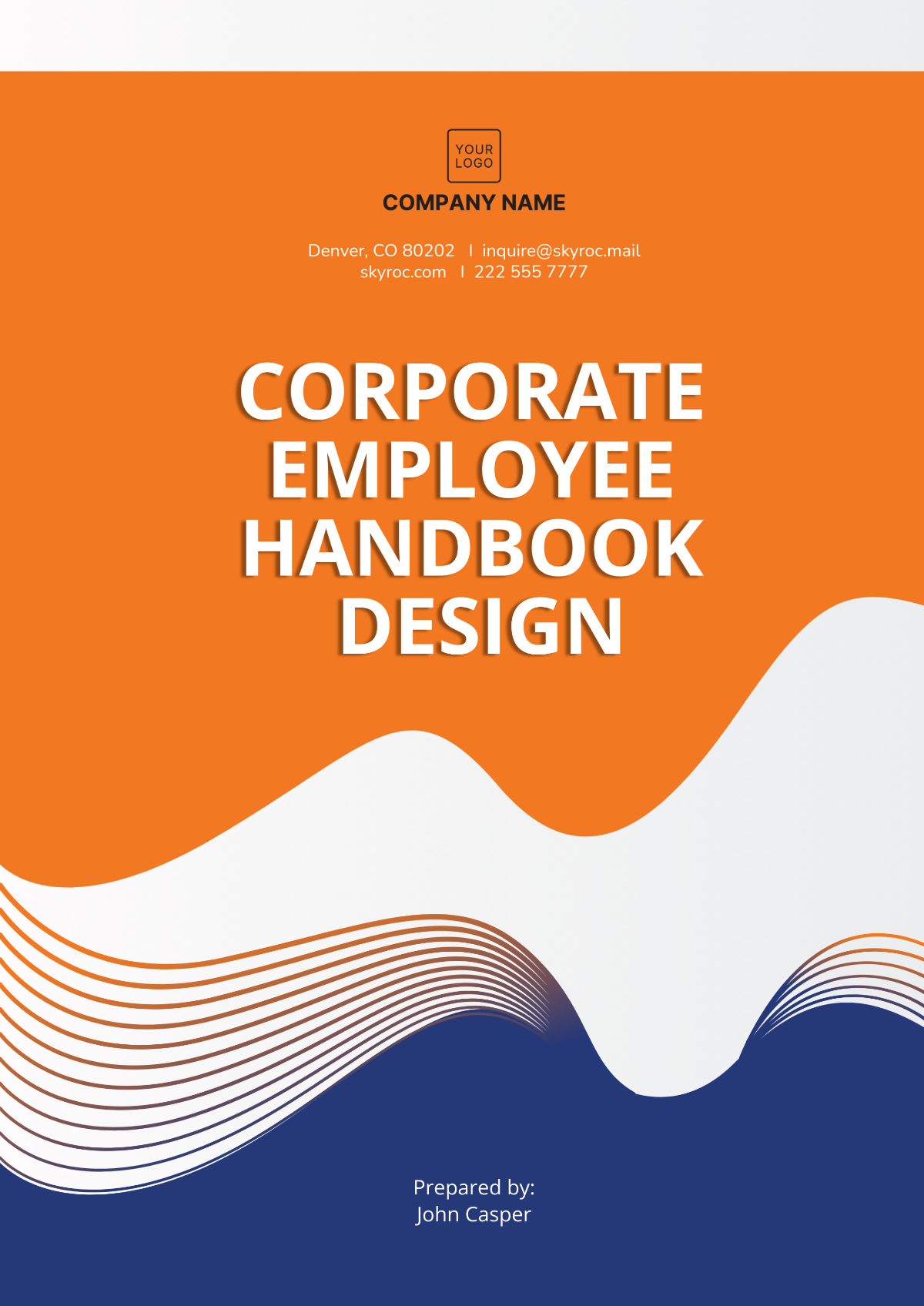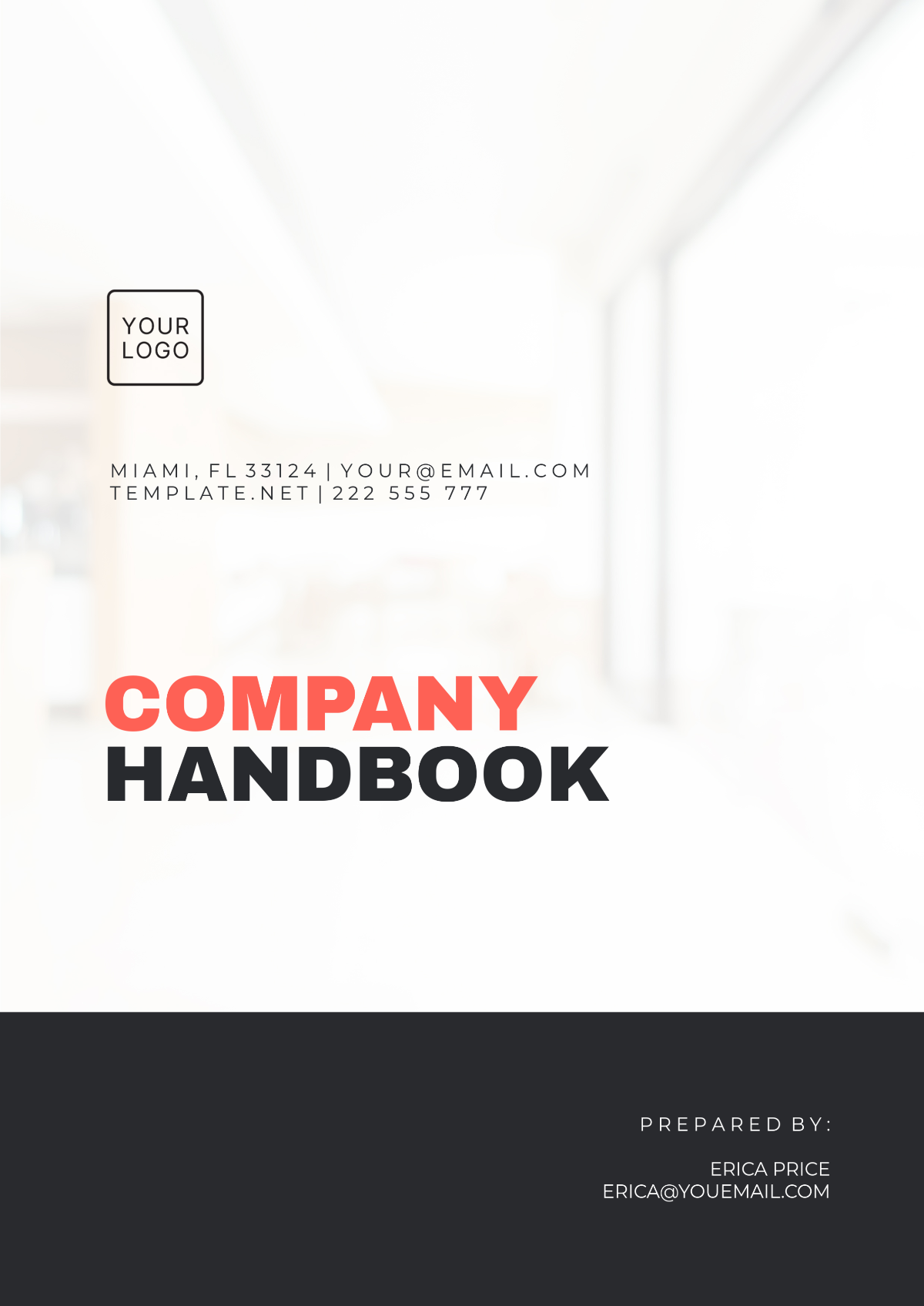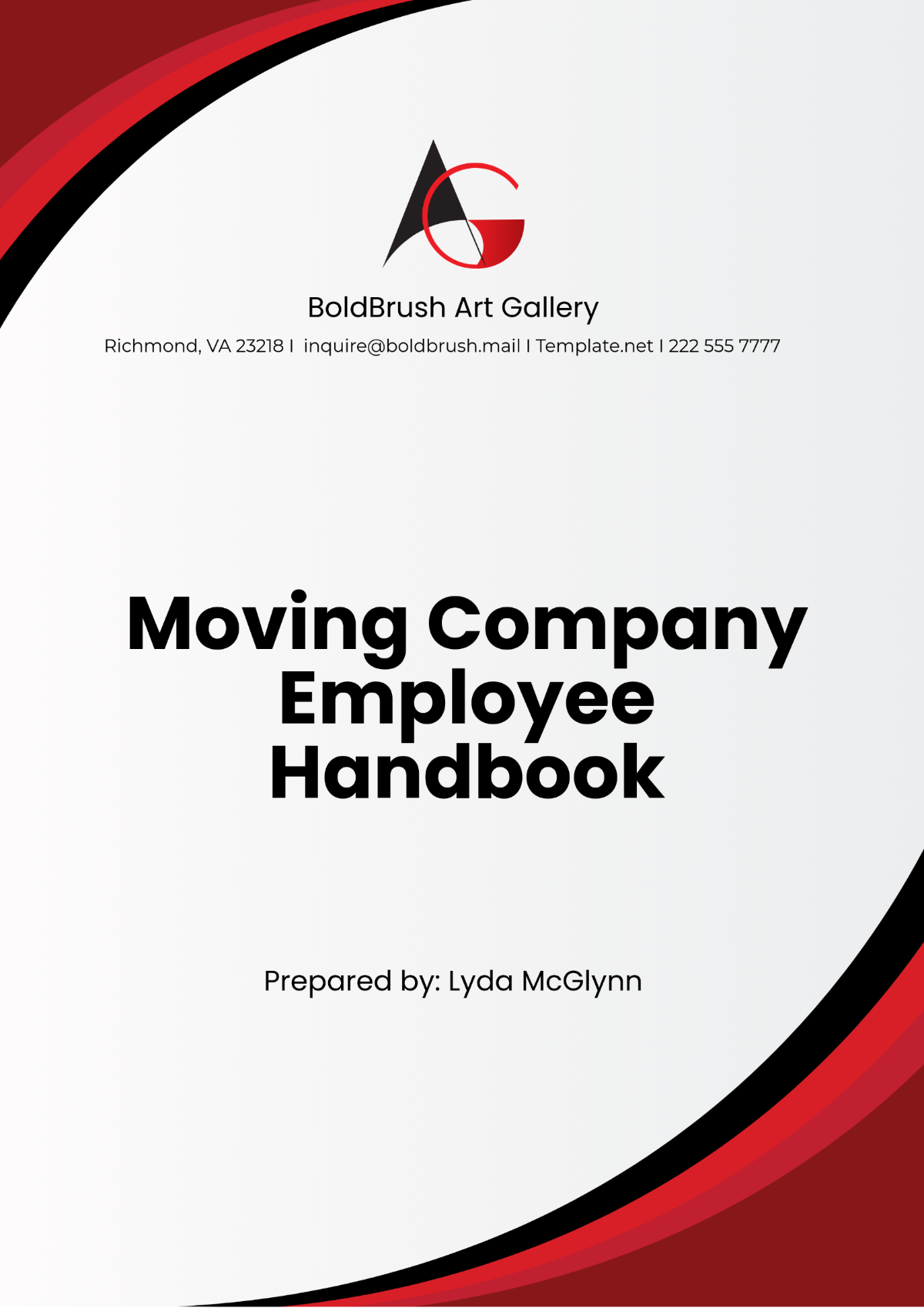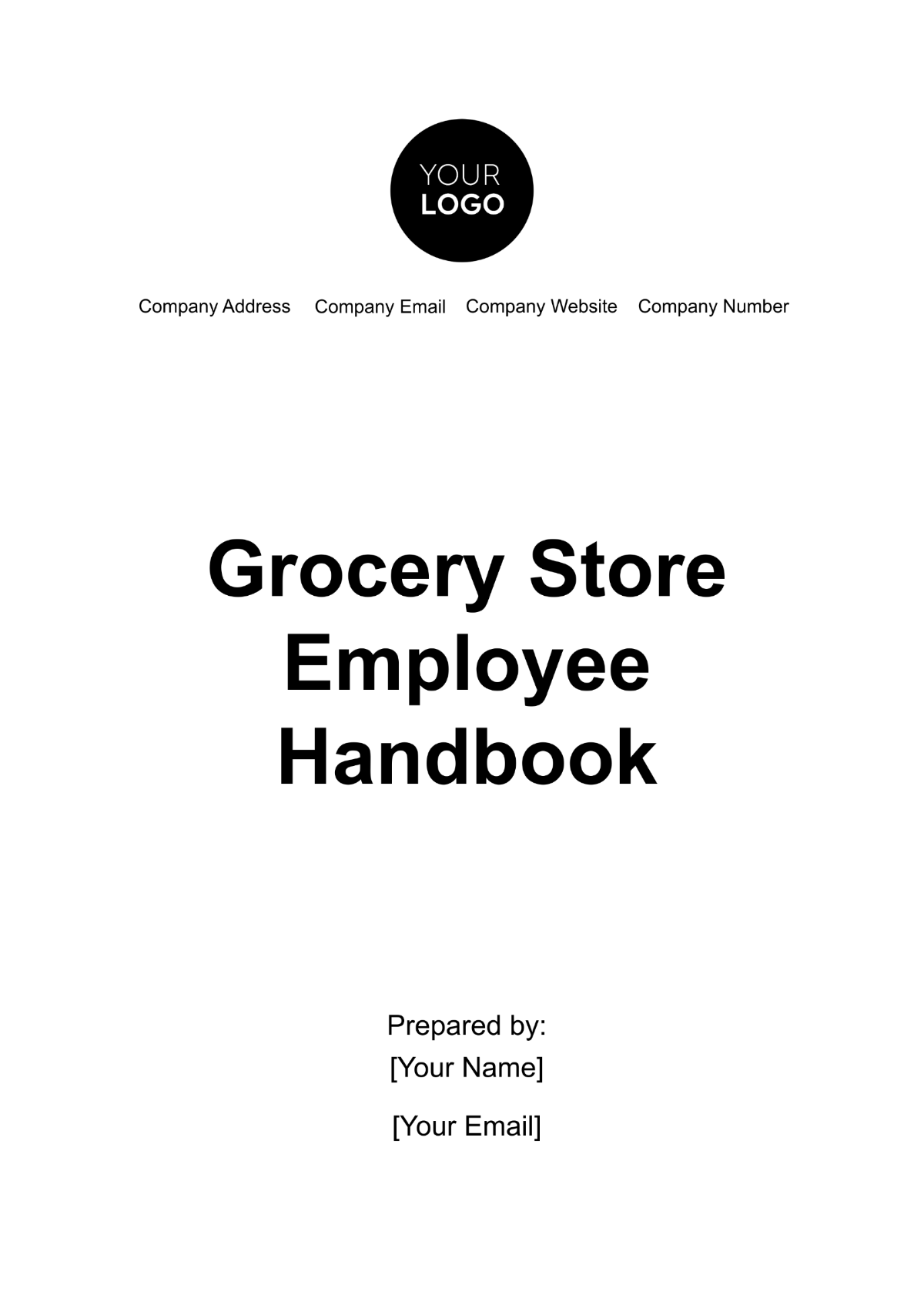LEARNER HANDBOOK
Name: | [Your Name] |
Company: | [Your Company Name] |
Date: | [Date] |
I. Introduction
Welcome to the Learner Handbook, a comprehensive guide designed to support individuals engaged in learning activities. Whether you're in a formal educational setting or an informal learning environment, this handbook offers guidance on study techniques, resources, and academic support services to enhance your learning outcomes and promote self-directed learning.
II. Vision and Mission
Our vision is to empower learners to reach their full potential through accessible and effective educational resources.
Our mission is to provide comprehensive support and guidance to learners at every stage of their educational journey.
III. Learning and Skills
Study Techniques: Explore various methods for effective studying, including time management, note-taking, and active learning strategies. Utilize mnemonic devices and mind-mapping techniques to enhance memory retention.
Critical Thinking: Develop critical thinking skills through analysis, evaluation, and synthesis of information. Engage in discussions, debates, and case studies to sharpen your analytical abilities.
Problem-Solving: Enhance problem-solving abilities by practicing logical reasoning and creative thinking. Collaborate with peers on problem-solving tasks and real-world projects to develop practical skills.
IV. Health and Well-Being
A. Get Active
Engage in regular physical activity to improve overall health and cognitive function. Incorporate activities such as yoga, swimming, or cycling into your routine.
Set achievable fitness goals and track your progress to stay motivated and focused. Join fitness classes or sports teams to stay active and socialize with peers.
Take short breaks during study sessions to stretch and move around, reducing fatigue and improving concentration.
B. Be Mindful
Practice mindfulness techniques to reduce stress and enhance mental well-being. Incorporate mindfulness meditation into your daily routine to promote relaxation and clarity of mind.
Practice deep breathing exercises and progressive muscle relaxation to alleviate tension and promote stress relief.
Cultivate gratitude and positivity through daily mindfulness practices, such as keeping a gratitude journal or practicing random acts of kindness.
C. Reduce Stress
Identify sources of stress and implement coping strategies to manage stress effectively. Practice time management techniques to prioritize tasks and reduce feelings of overwhelm.
Utilize relaxation techniques such as guided imagery or aromatherapy to promote relaxation and reduce anxiety.
Seek support from friends, family, or professional counselors when needed to develop healthy coping mechanisms and resilience.
D. Eat Well
Maintain a balanced diet rich in fruits, vegetables, whole grains, and lean proteins. Incorporate superfoods such as berries, nuts, and leafy greens into your meals for added nutrition.
Stay hydrated by drinking plenty of water throughout the day, aiming for at least eight glasses per day.
Limit intake of processed foods, sugary snacks, and caffeine to support overall health and energy levels. Opt for healthy snacks such as nuts, seeds, or Greek yogurt to fuel your body and mind.
E. Get Enough Sleep
Establish a regular sleep schedule and aim for 7-9 hours of quality sleep each night. Create a relaxing bedtime routine, such as reading or taking a warm bath, to signal to your body that it's time to wind down.
Create a sleep-friendly environment by keeping your bedroom cool, dark, and quiet. Invest in a comfortable mattress and pillows to promote restful sleep.
Avoid electronic devices and stimulating activities before bedtime, as they can interfere with your body's natural sleep-wake cycle. Practice relaxation techniques such as deep breathing or progressive muscle relaxation to prepare your body for sleep.
V. Learning Support
Library Resources: Access a wide range of books, journals, and online databases to support your learning. Utilize library services such as interlibrary loan and research assistance to access materials beyond the library's collection.
Tutoring Services: Seek assistance from tutors or peer mentors for additional help with challenging subjects. Attend drop-in tutoring sessions or schedule one-on-one appointments to receive personalized support.
Workshops and Seminars: Attend workshops and seminars to enhance academic skills and knowledge in specific areas. Participate in academic success workshops on topics such as time management, exam preparation, and academic writing.
VI. Safety
A. Accidents
Report any accidents or injuries immediately to the appropriate authorities. Seek medical attention if necessary and follow up with any required documentation.
Follow safety protocols and procedures to prevent accidents in educational settings. Use safety equipment such as goggles, gloves, and protective clothing when working with hazardous materials.
Take proactive measures to ensure a safe and secure learning environment for yourself and others. Report any safety hazards or concerns to the appropriate personnel and participate in safety training and drills.
B. Fire and Emergencies
Familiarize yourself with evacuation routes and emergency procedures in case of fire or other emergencies. Know the location of fire alarms, extinguishers, and emergency exits in your learning environment.
Remain calm and follow instructions from designated authorities during emergencies. Evacuate the building quickly and safely, assisting others as needed.
Stay informed about emergency preparedness plans and participate in drills to practice response protocols. Review emergency contact information and keep it readily accessible in case of emergencies.
C. Personal Safety
Be aware of your surroundings and trust your instincts in unfamiliar or potentially dangerous situations. Avoid walking alone at night and use well-lit paths or transportation options when possible.
Carry personal safety devices such as a whistle or pepper spray for added protection. Stay alert and avoid distractions such as headphones or excessive use of electronic devices while walking.
Familiarize yourself with campus security resources and emergency contacts. Program emergency numbers into your phone and know how to access campus security services in case of emergencies.
D. Equipment
Use equipment and tools properly to prevent accidents and injuries. Follow manufacturer guidelines and safety instructions when operating machinery or handling materials.
Inspect equipment regularly for signs of damage or wear and tear. Report any malfunctioning equipment or safety hazards to the appropriate personnel immediately.
Wear appropriate personal protective equipment (PPE) such as goggles, gloves, and closed-toe shoes when working with hazardous materials or equipment. Follow established procedures for storing, handling, and disposing of materials safely.
VII. Help and Guidance
Academic Advising: Consult with academic advisors for guidance on course selection, academic planning, and career pathways. Schedule regular advising appointments to discuss your academic goals and progress.
Counseling Services: Seek confidential counseling services for personal, academic, or career-related concerns. Meet with licensed counselors to explore coping strategies, develop self-awareness, and navigate life's challenges.
Student Support Centers: Access resources and support services tailored to meet the diverse needs of students. Visit student support centers for assistance with academic accommodations, disability services, and financial aid applications.
VIII. About Us
Learn more about [Your Company Name] and our commitment to providing quality education and support services to learners. Connect with us to stay updated on news, events, and opportunities for personal and professional growth.
IX. Conclusion
Congratulations on taking the first step towards achieving your learning goals! Remember that learning is a journey, and we're here to support you every step of the way.
Revision History
Version | Date | Description |
|---|---|---|
1.0 | 2050-05-08 | Initial Release |
1.1 | 2050-05-15 | Updated Sections III-VIII for clarity and relevance |
1.2 | 2050-05-22 | Added Revision History Table and Conclusion Section |
